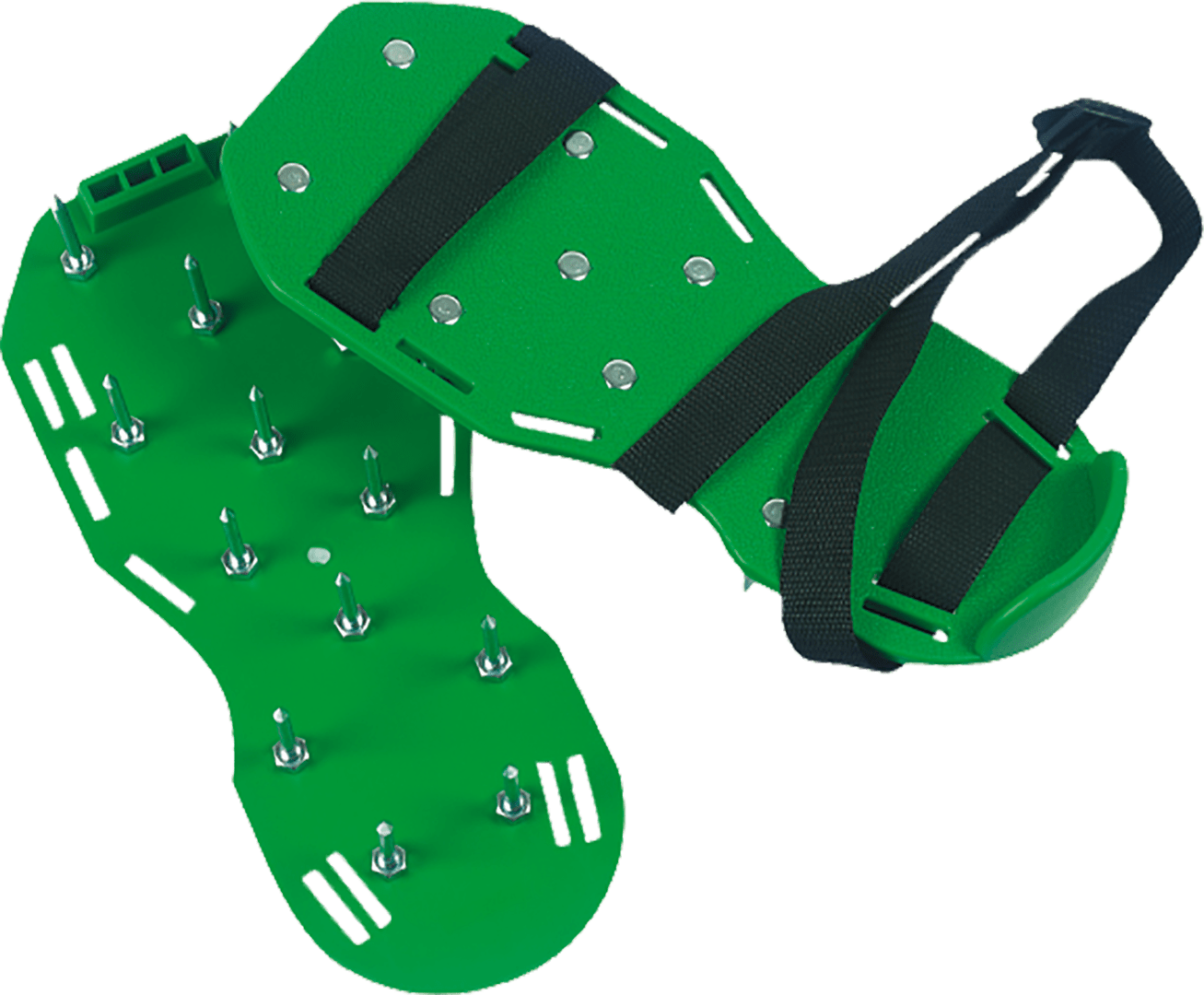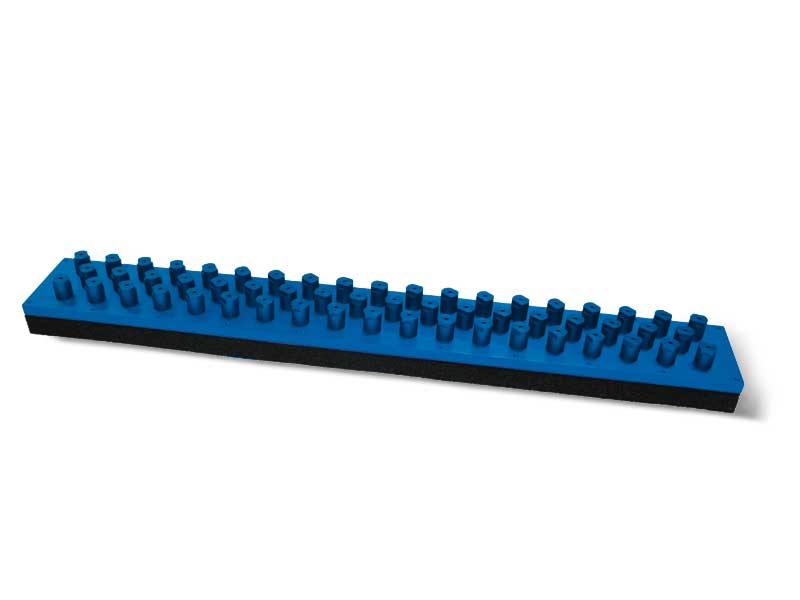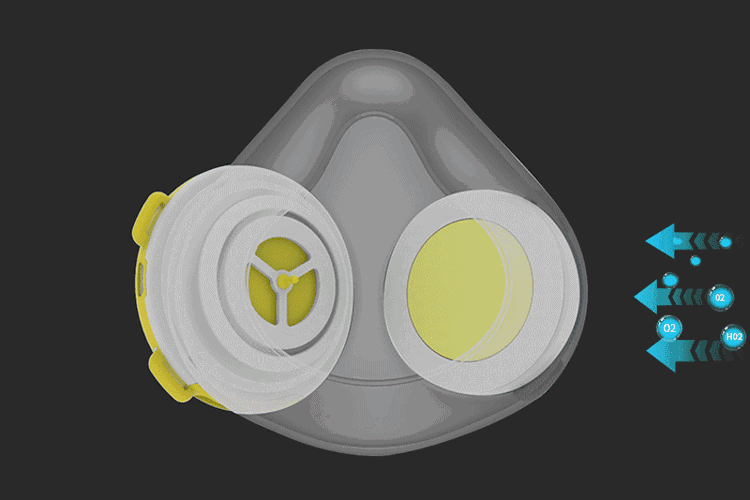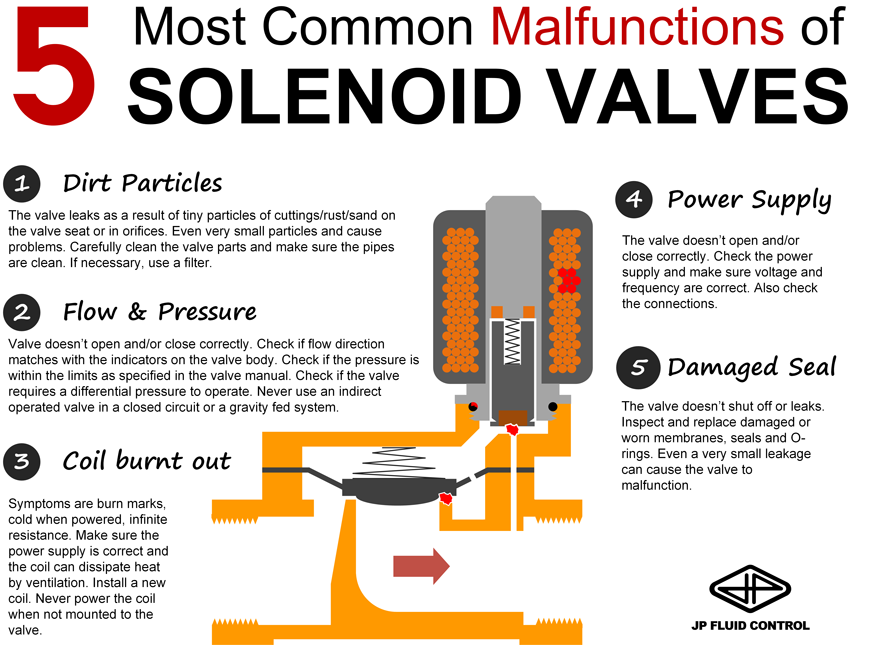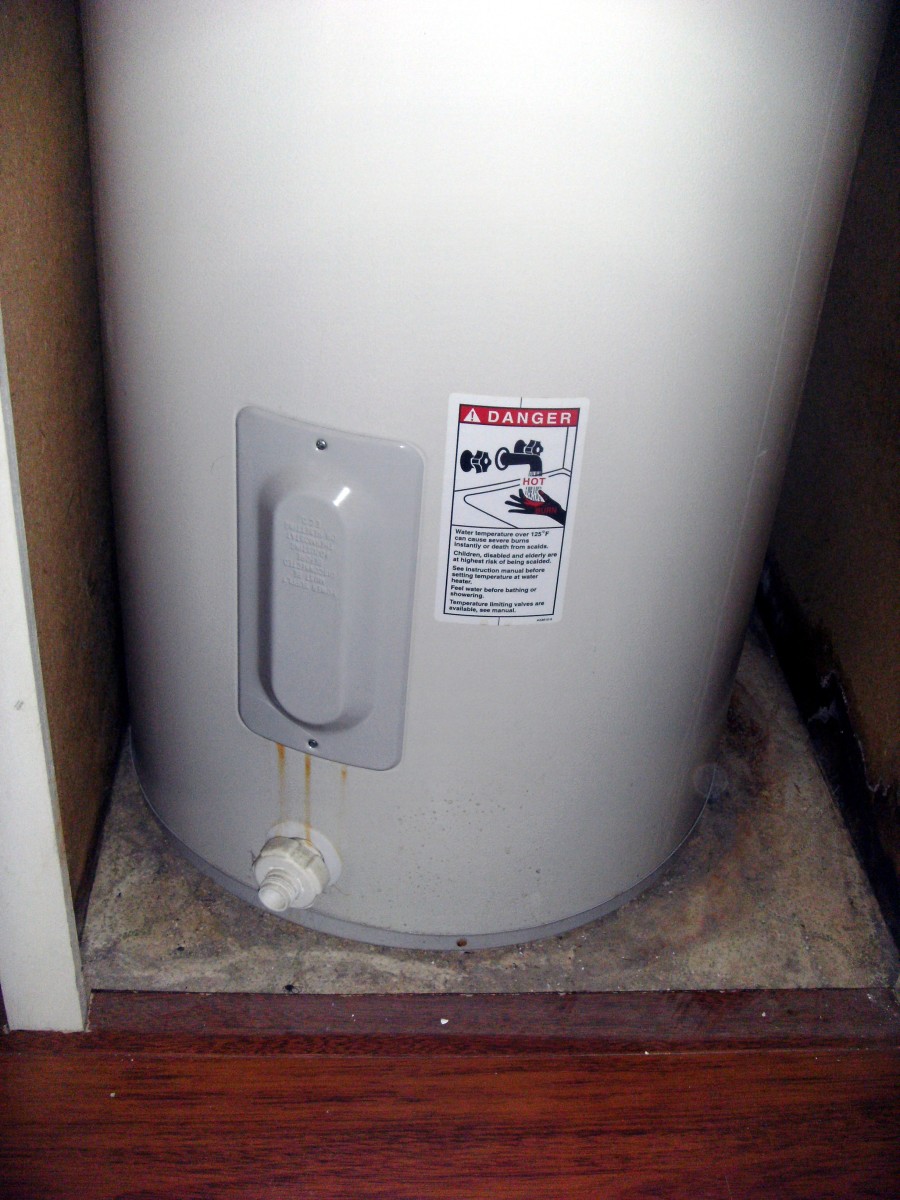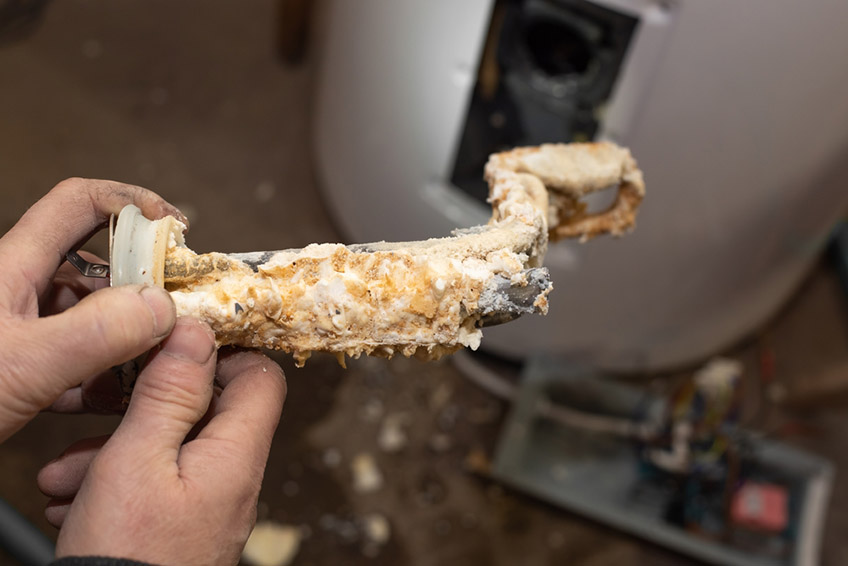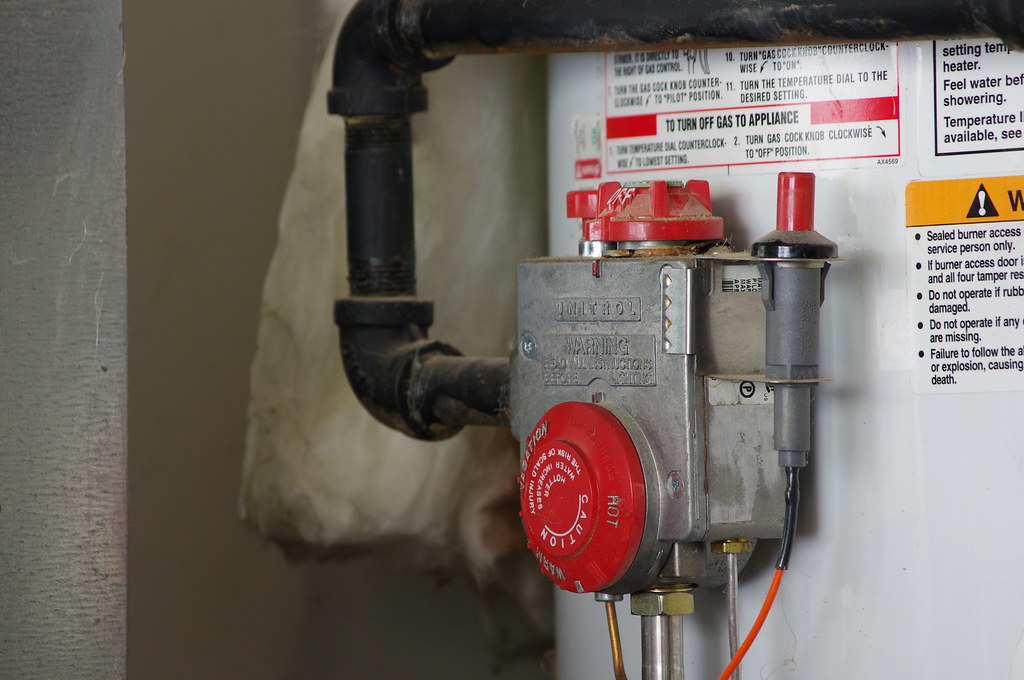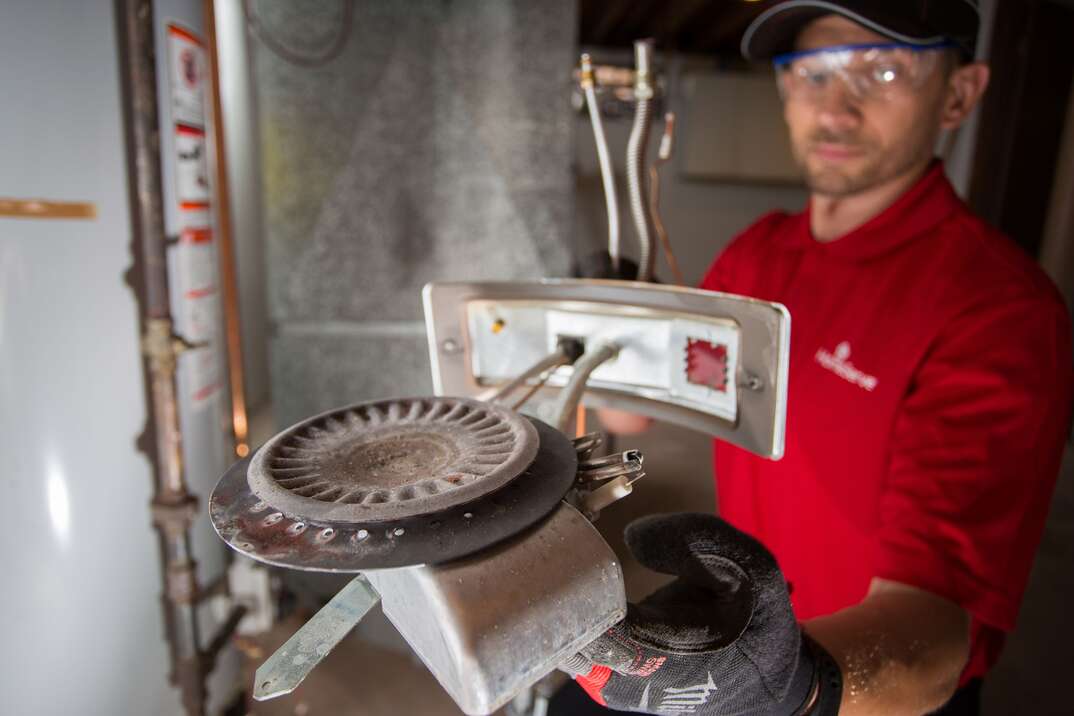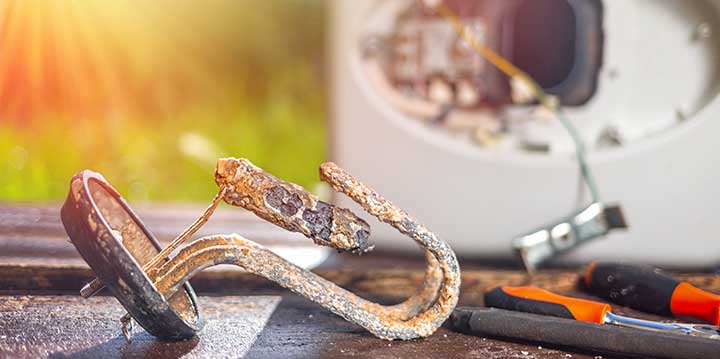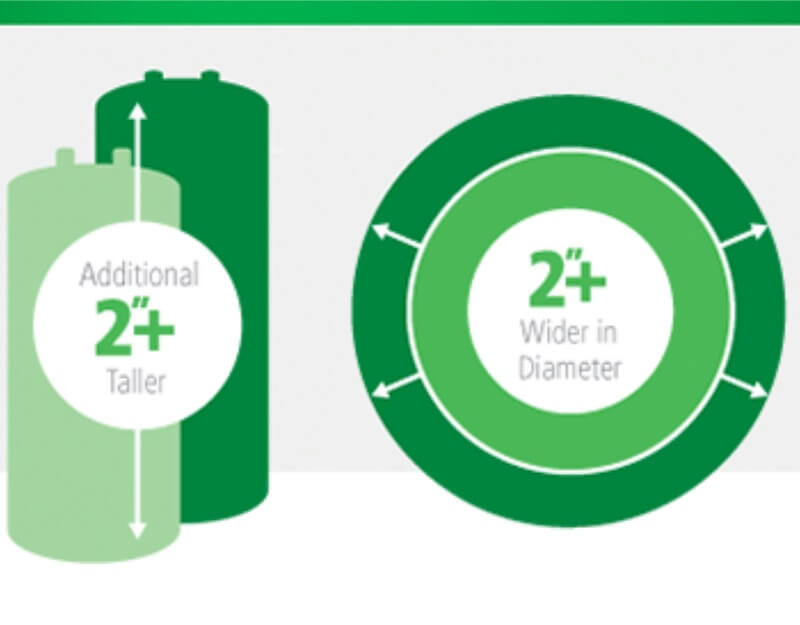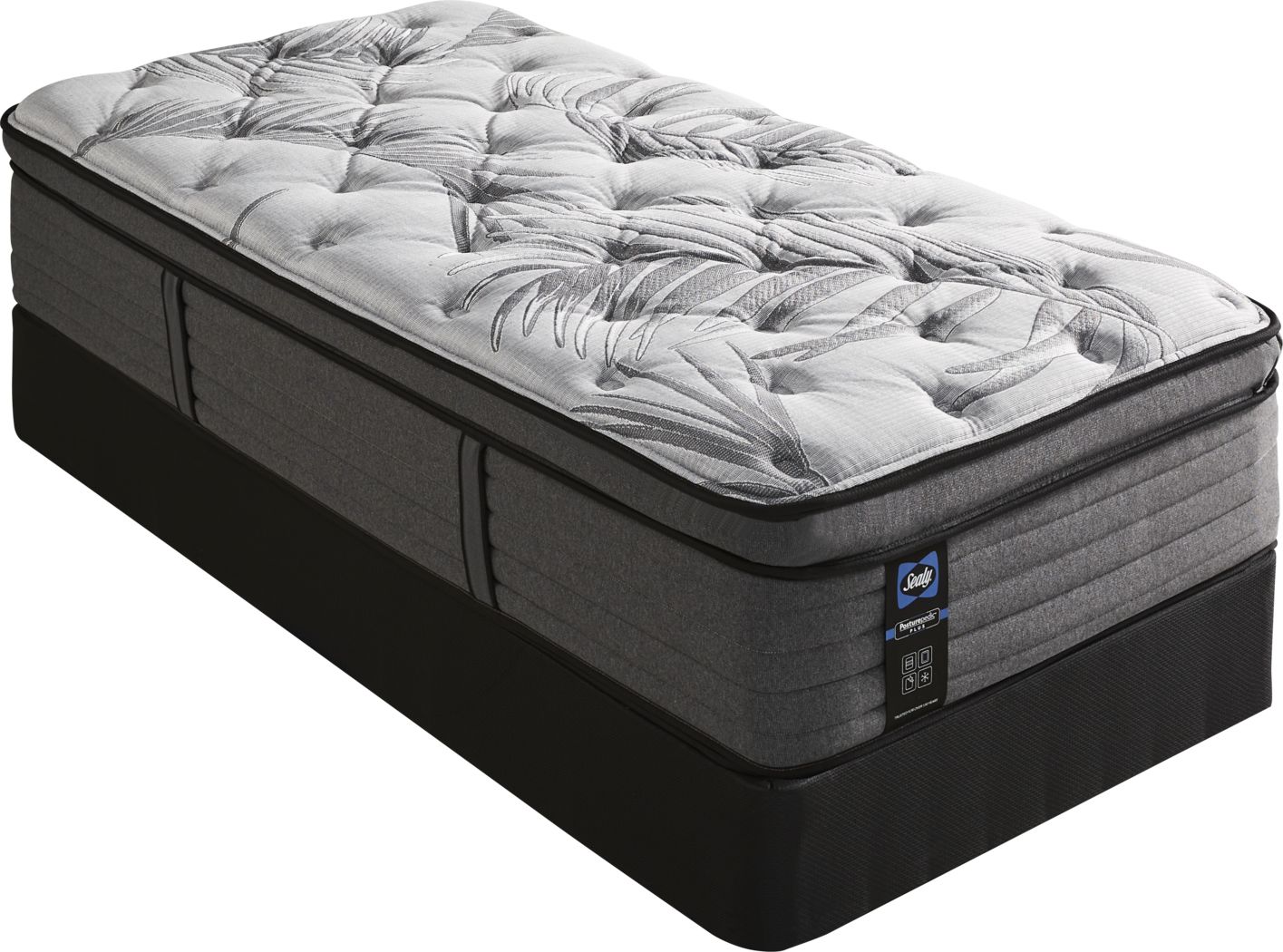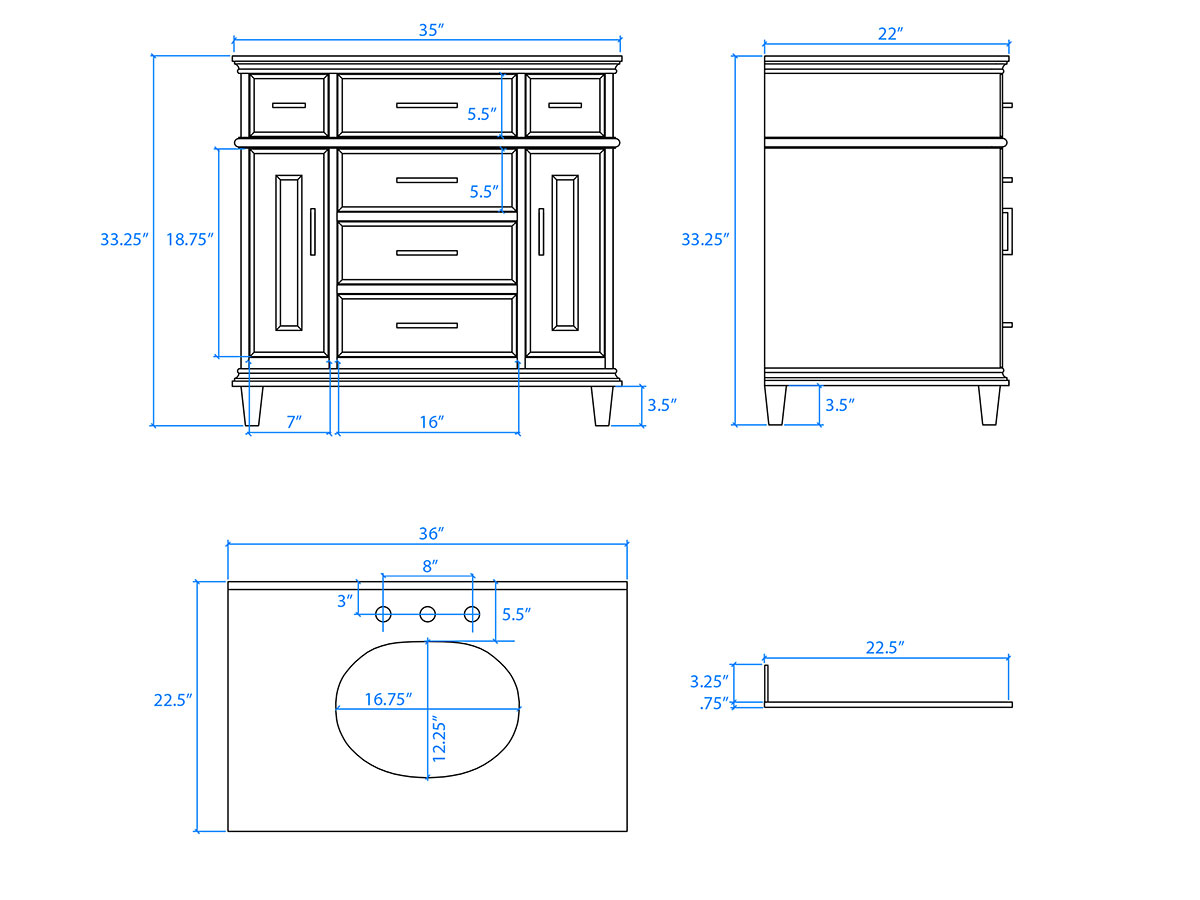1. Clogged Pipes
One of the most common reasons for having no water in your kitchen sink is clogged pipes. This can happen due to a build-up of food particles, grease, or other debris over time. These blockages can prevent water from flowing freely and can even cause your pipes to burst if not addressed.
It is important to regularly clean your kitchen sink pipes to avoid any blockages. You can do this by using a plunger or a mixture of baking soda and vinegar to break down any clogs. If you are still experiencing issues, it may be necessary to call a plumber to unclog your pipes.
2. Broken Faucet
A broken faucet can also lead to no water in your kitchen sink. Over time, faucets can wear out and become damaged, causing them to leak or stop working altogether. This can be a frustrating issue, especially if you rely on your kitchen sink for daily tasks.
If you notice any leaks or other signs of damage, it is important to replace your faucet as soon as possible. You can do this yourself or hire a plumber to assist you.
3. Water Shut Off
Another reason why you may have no water in your kitchen sink is that the water shut off valve has been turned off. This valve is usually located under the sink and can accidentally be switched off while doing other tasks. It is always a good idea to check this valve if you are experiencing a lack of water in your sink.
If the valve is turned off, simply switch it back on and your water should start flowing again. However, if the valve is damaged or broken, you may need to call a plumber to replace it.
4. Leaking Pipes
Leaking pipes can also cause a lack of water in your kitchen sink. These leaks can occur from aging pipes, cracks, or damage from freezing temperatures. If you notice any dampness or water stains under your sink, it is likely that you have a leaking pipe.
It is important to address leaking pipes as soon as possible to avoid further damage and potential water loss. A plumber can help identify and repair any leaks in your pipes.
5. Frozen Pipes
In colder climates, frozen pipes can be a common issue that can lead to no water in your kitchen sink. When water freezes in your pipes, it expands and can cause them to burst, resulting in a lack of water flow.
To prevent frozen pipes, make sure to insulate your pipes properly and keep your kitchen sink cabinet doors open during extremely cold weather. If your pipes do freeze, it is important to thaw them out slowly to avoid any further damage.
6. Low Water Pressure
If you are experiencing low water pressure in your kitchen sink, it can be a sign of a larger issue. Low water pressure can be caused by clogged pipes, leaks, or a problem with your water supply line.
If you have checked for clogs and leaks and are still experiencing low water pressure, it may be necessary to call a plumber to diagnose and fix the problem.
7. Faulty Water Supply Line
The water supply line is what connects your kitchen sink to your main water supply. If this line is damaged or faulty, it can result in no water flow to your sink. This could be due to a blockage, a leak, or a break in the line.
If you suspect that your water supply line is the issue, it is best to call a professional plumber to assess and repair the line.
8. Blocked Aerator
The aerator is a small screen located at the end of your faucet. Its purpose is to regulate the flow of water and add air to the stream. Over time, the aerator can become clogged with mineral deposits or debris, which can restrict the flow of water.
If you notice a decrease in water flow, try unscrewing and cleaning the aerator. If this does not solve the issue, you may need to replace the aerator altogether.
9. Malfunctioning Shut Off Valve
In addition to the water shut off valve, your kitchen sink may also have a shut off valve specifically for the sink. If this valve is malfunctioning or damaged, it can prevent water from flowing into your sink.
If you suspect that this valve is the issue, you may need to call a plumber to replace it or make any necessary repairs.
10. Damaged Water Heater
If you have a lack of hot water in your kitchen sink, it could be due to a damaged or malfunctioning water heater. This can be caused by a variety of issues, including sediment buildup, a faulty heating element, or a leak.
If you have checked for any other possible causes and are still without hot water, it is best to call a professional to inspect and repair your water heater.
If you are experiencing no water in your kitchen sink, it is important to address the issue as soon as possible to avoid further inconvenience and potential damage. By understanding the common causes and taking the necessary steps to fix them, you can ensure that your kitchen sink always has a steady supply of water. Remember to regularly maintain your pipes and fixtures to prevent any issues from occurring in the future.
The Importance of Proper Plumbing in House Design

Ensuring a Functional and Efficient Kitchen
Preventing Water Wastage
 When there is no water in the kitchen sink, it can be tempting to let the tap run continuously in hopes of getting it to work. However, this can lead to
water wastage
and result in higher water bills. Proper plumbing can help prevent this issue by ensuring that the water supply to the kitchen sink is consistent and efficient. This not only saves homeowners money but also contributes to conserving water resources.
When there is no water in the kitchen sink, it can be tempting to let the tap run continuously in hopes of getting it to work. However, this can lead to
water wastage
and result in higher water bills. Proper plumbing can help prevent this issue by ensuring that the water supply to the kitchen sink is consistent and efficient. This not only saves homeowners money but also contributes to conserving water resources.
Preventing Water Contamination
:max_bytes(150000):strip_icc()/water-overflowing-in-kitchen-sink-200553937-001-5797e6335f9b58461f5a6736.jpg) Another crucial aspect of proper plumbing in the kitchen is
preventing water contamination
. Without a steady supply of clean water, it can be challenging to maintain proper hygiene and cleanliness in the kitchen. This can lead to a buildup of bacteria and other harmful germs, which can contaminate food and pose health risks to the household. With proper plumbing, the water supply to the kitchen sink is filtered and safe for use, promoting a healthy and hygienic environment.
Another crucial aspect of proper plumbing in the kitchen is
preventing water contamination
. Without a steady supply of clean water, it can be challenging to maintain proper hygiene and cleanliness in the kitchen. This can lead to a buildup of bacteria and other harmful germs, which can contaminate food and pose health risks to the household. With proper plumbing, the water supply to the kitchen sink is filtered and safe for use, promoting a healthy and hygienic environment.
Increasing Property Value
 Proper plumbing not only benefits homeowners in their daily tasks but also adds value to their property. When potential buyers are looking for a new home, a functional and efficient kitchen is one of the top priorities. A kitchen with no water in the sink can be a major red flag and may discourage potential buyers. On the other hand, a well-plumbed kitchen can increase the value of a property and make it more attractive to buyers.
Proper plumbing not only benefits homeowners in their daily tasks but also adds value to their property. When potential buyers are looking for a new home, a functional and efficient kitchen is one of the top priorities. A kitchen with no water in the sink can be a major red flag and may discourage potential buyers. On the other hand, a well-plumbed kitchen can increase the value of a property and make it more attractive to buyers.
Conclusion
 In conclusion, proper plumbing is crucial in house design, particularly in the kitchen. It ensures a steady supply of clean water, prevents wastage and contamination, and adds value to the property. Homeowners should invest in a reliable plumbing system to avoid the inconvenience and potential hazards of having no water in the kitchen sink. By prioritizing proper plumbing, homeowners can enjoy a functional and efficient kitchen for years to come.
In conclusion, proper plumbing is crucial in house design, particularly in the kitchen. It ensures a steady supply of clean water, prevents wastage and contamination, and adds value to the property. Homeowners should invest in a reliable plumbing system to avoid the inconvenience and potential hazards of having no water in the kitchen sink. By prioritizing proper plumbing, homeowners can enjoy a functional and efficient kitchen for years to come.



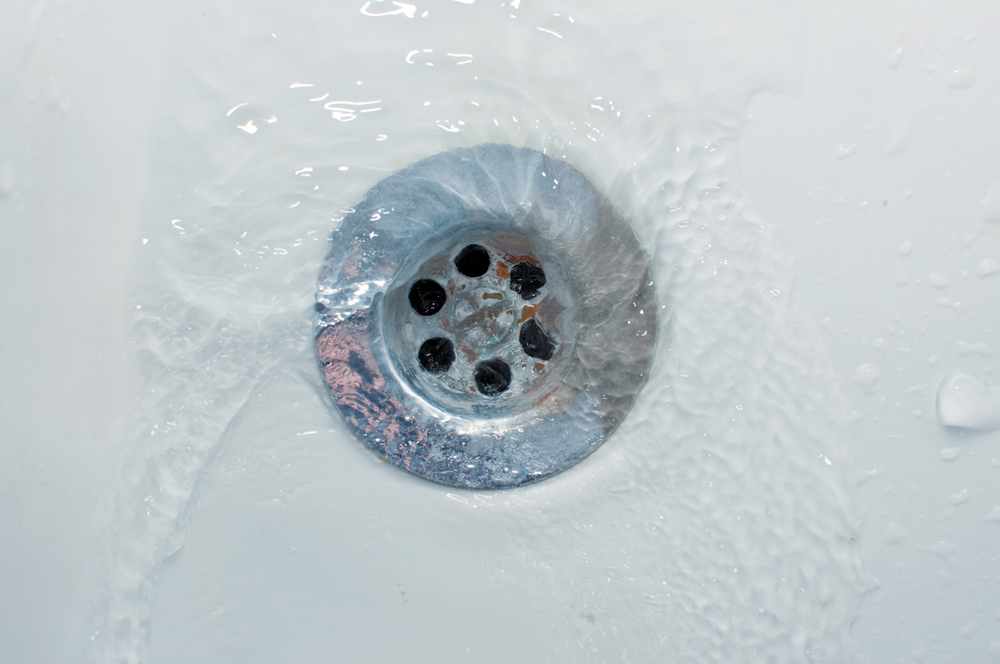










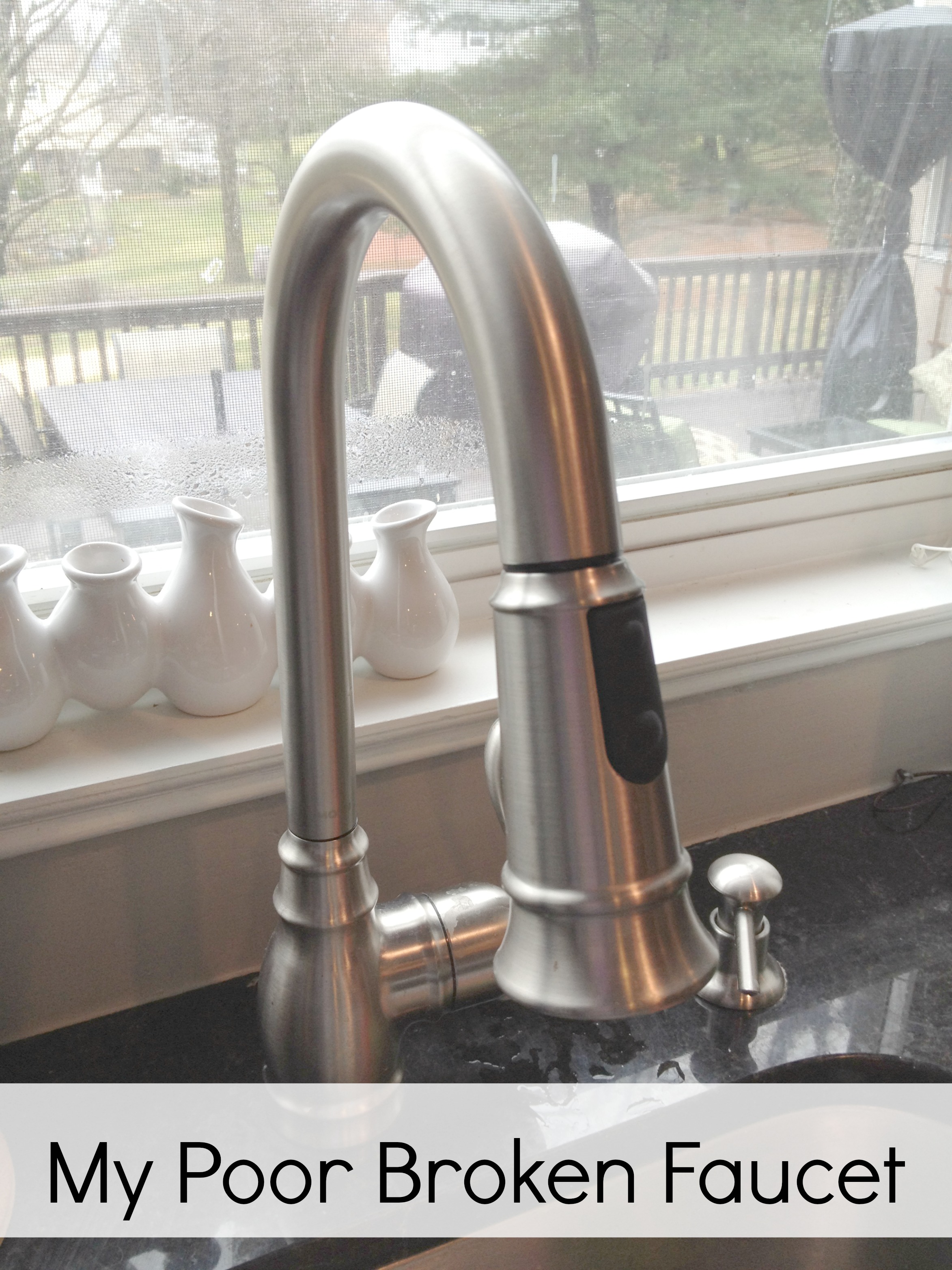
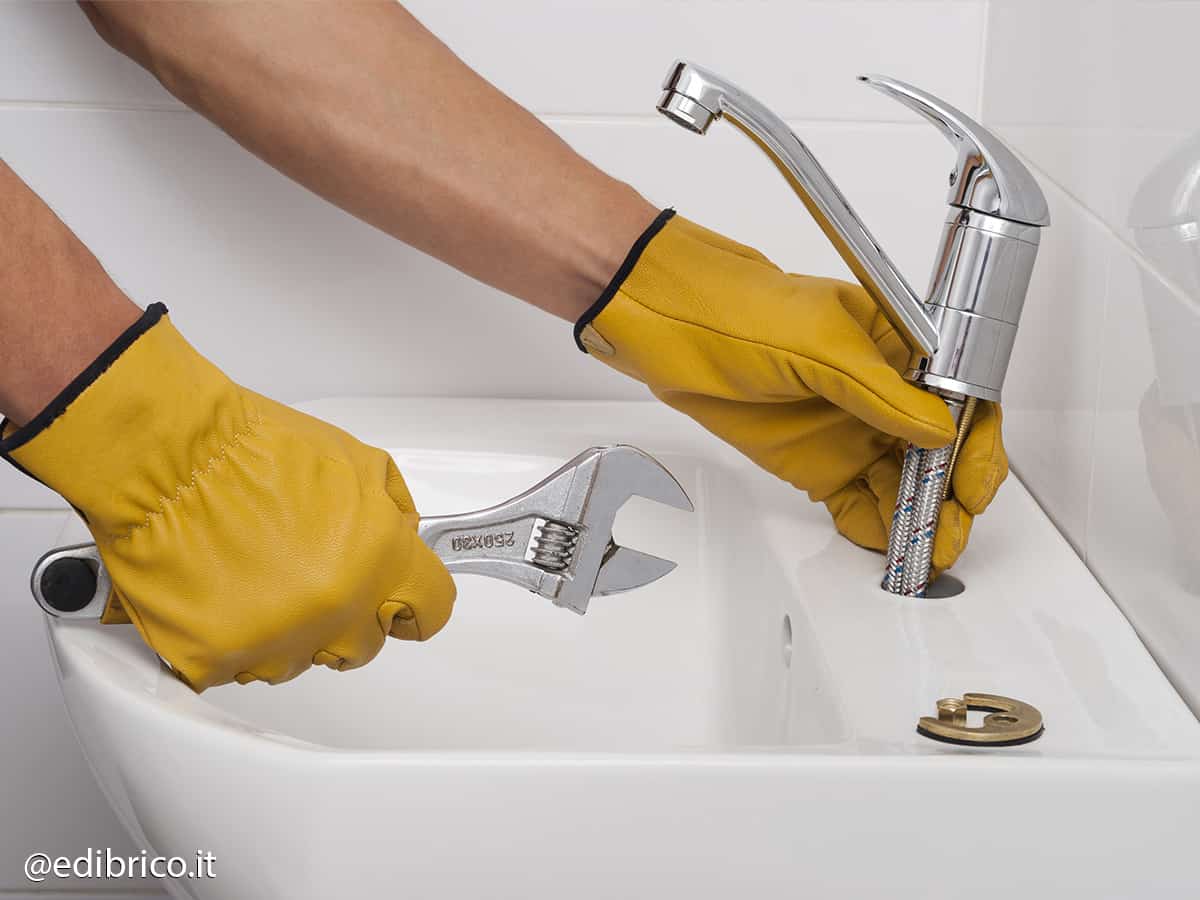
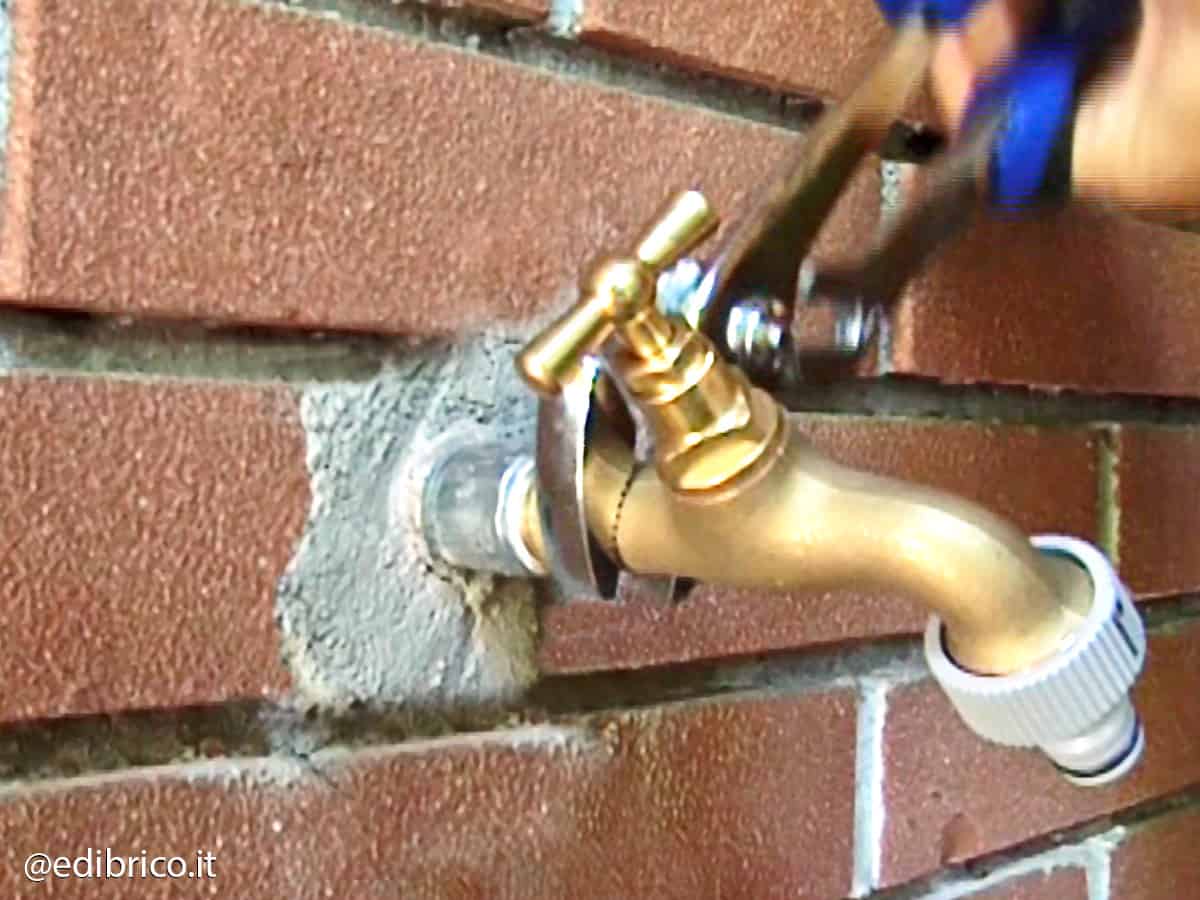


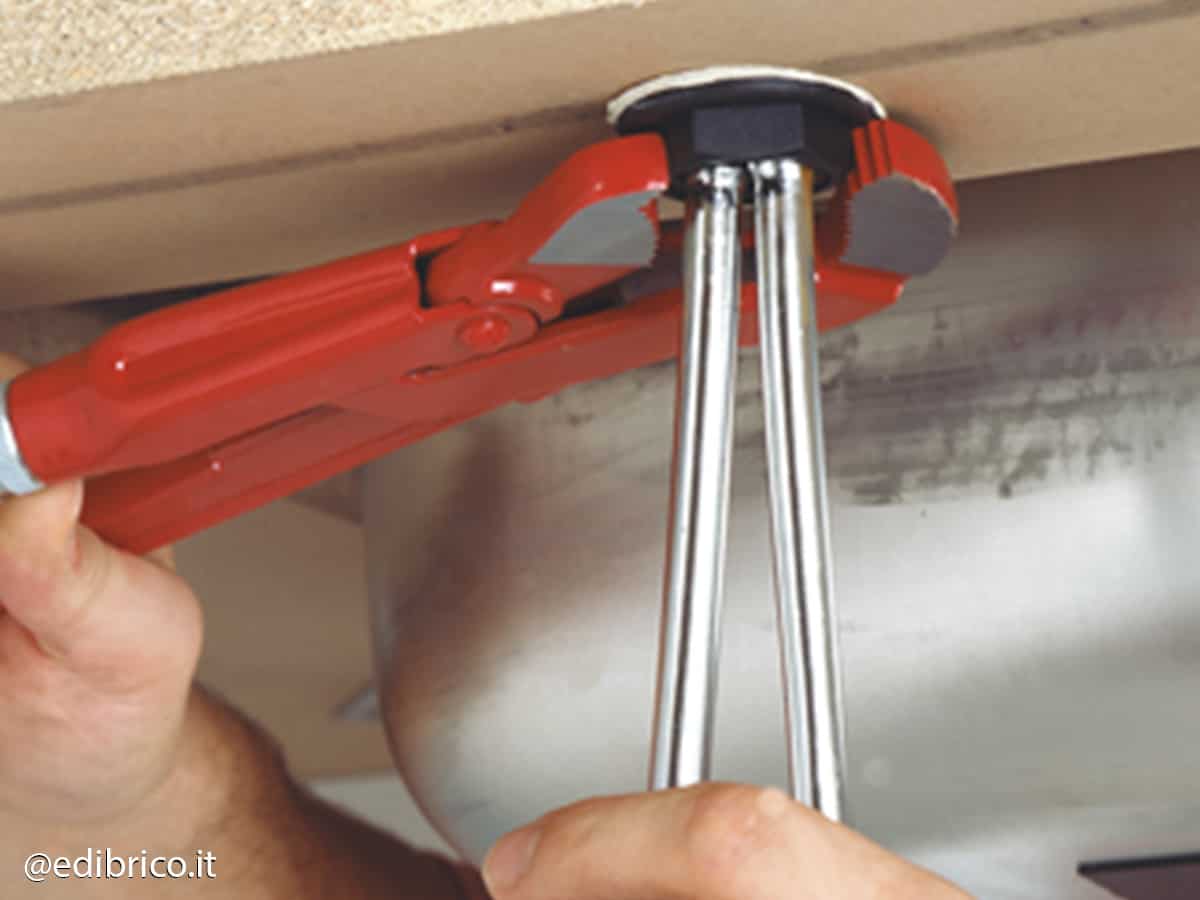



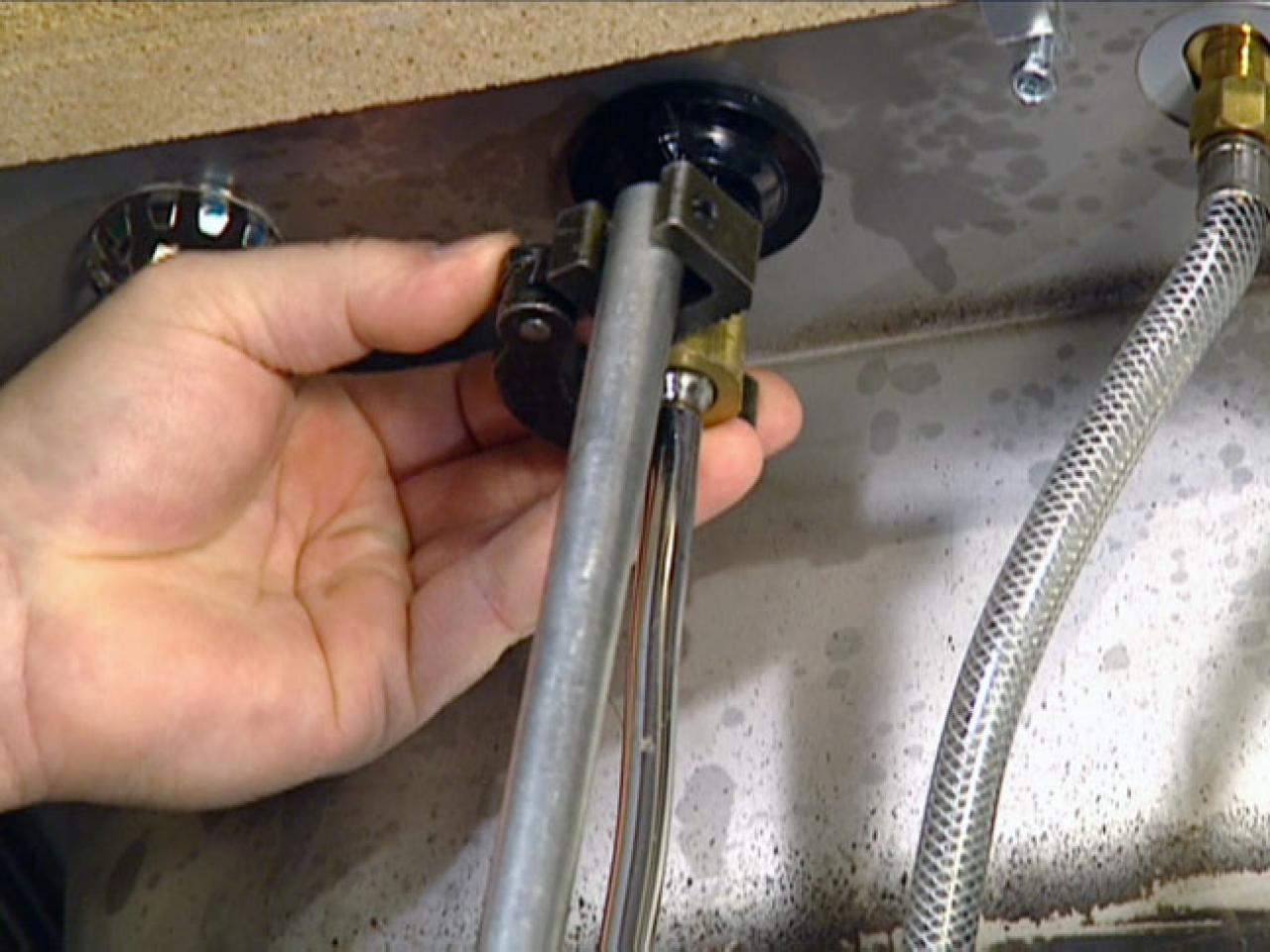





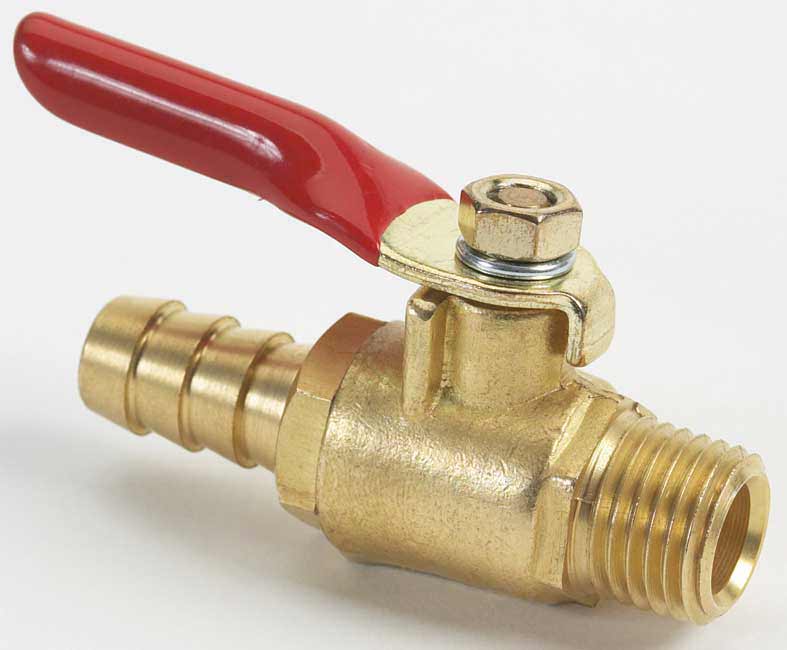



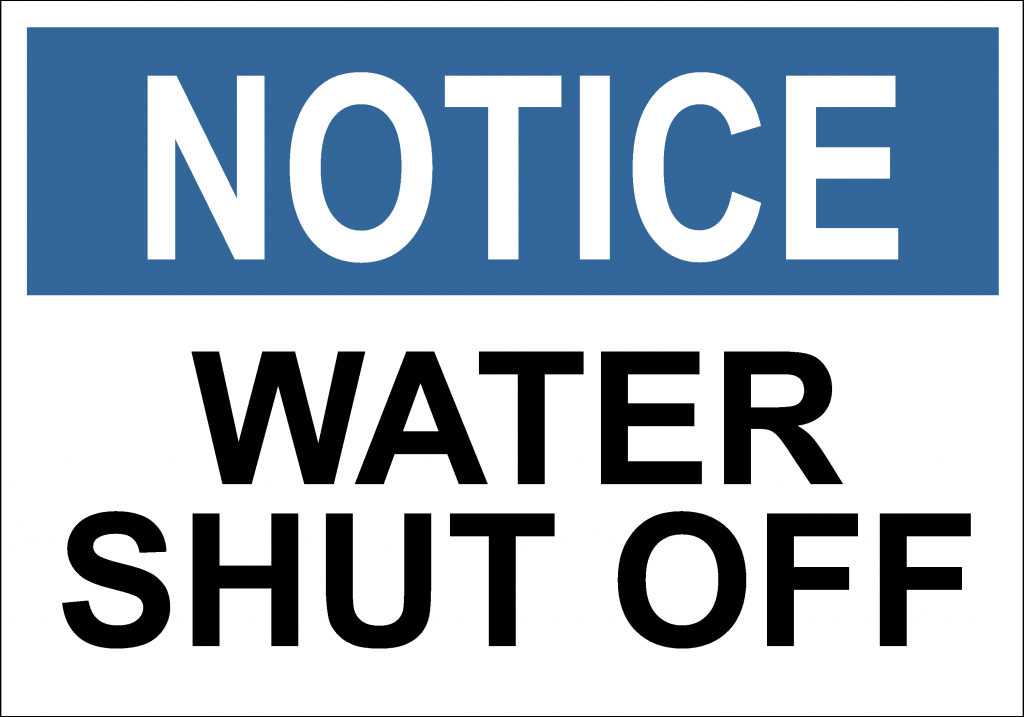
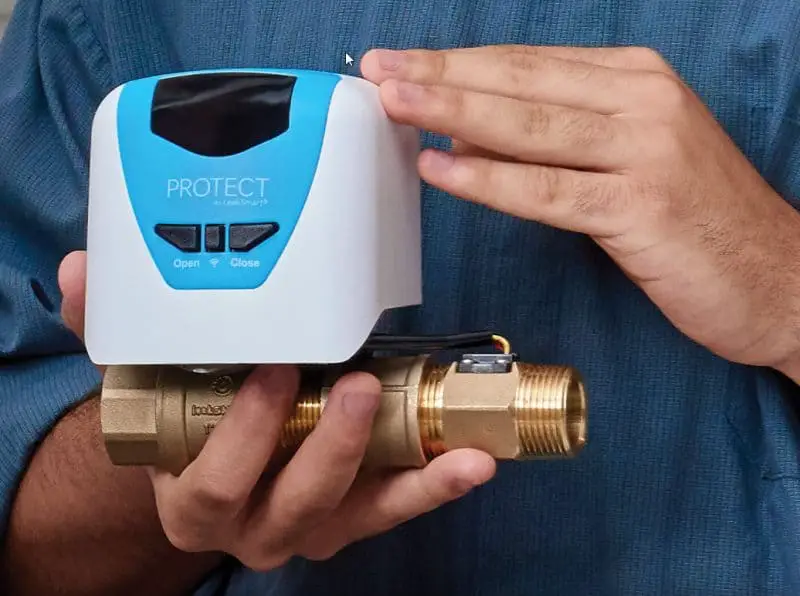

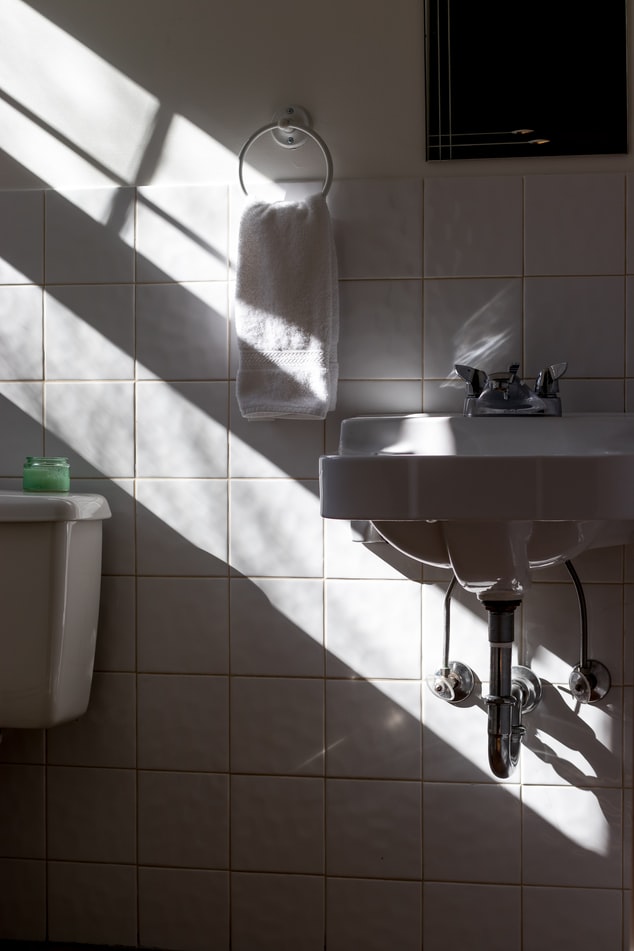


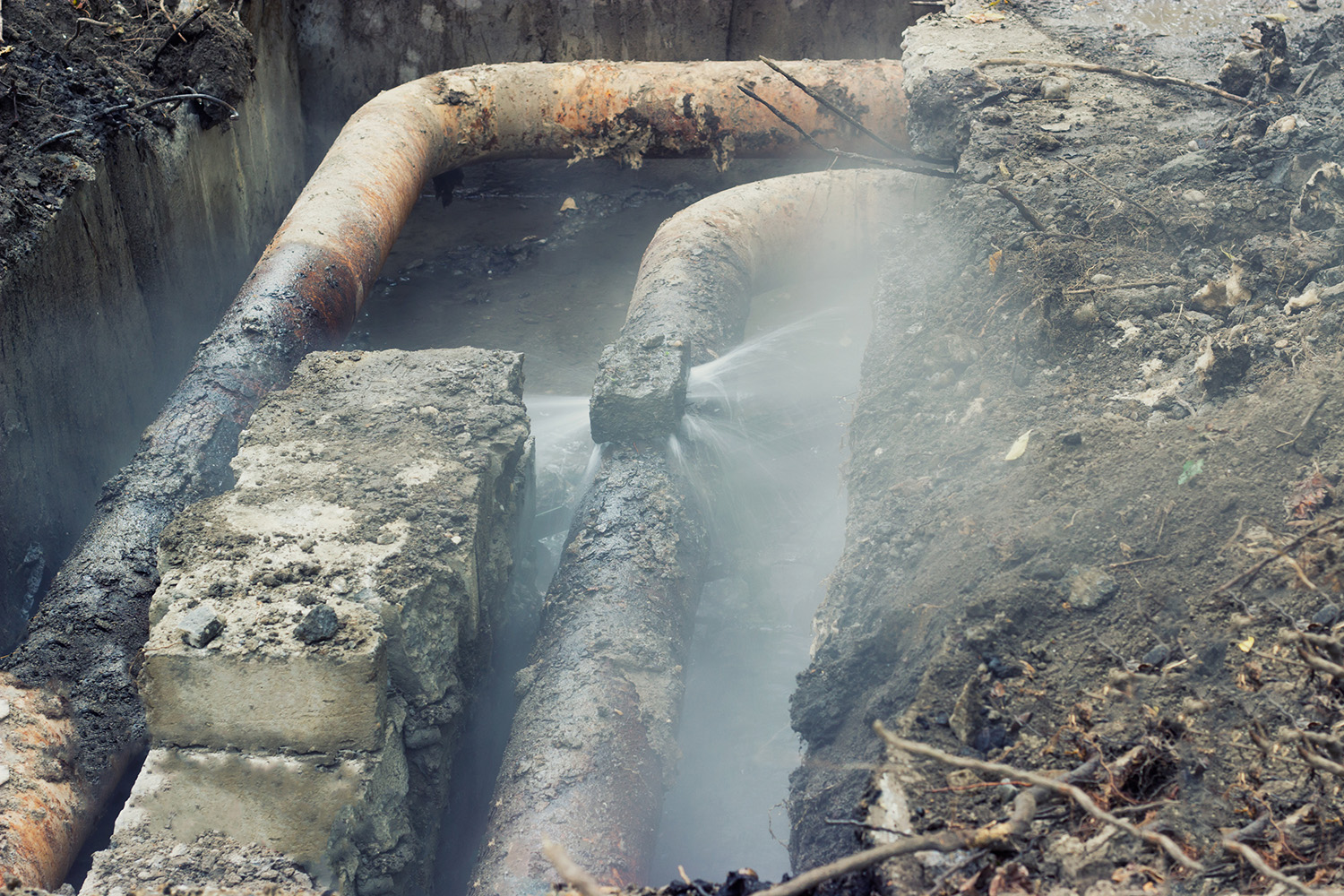
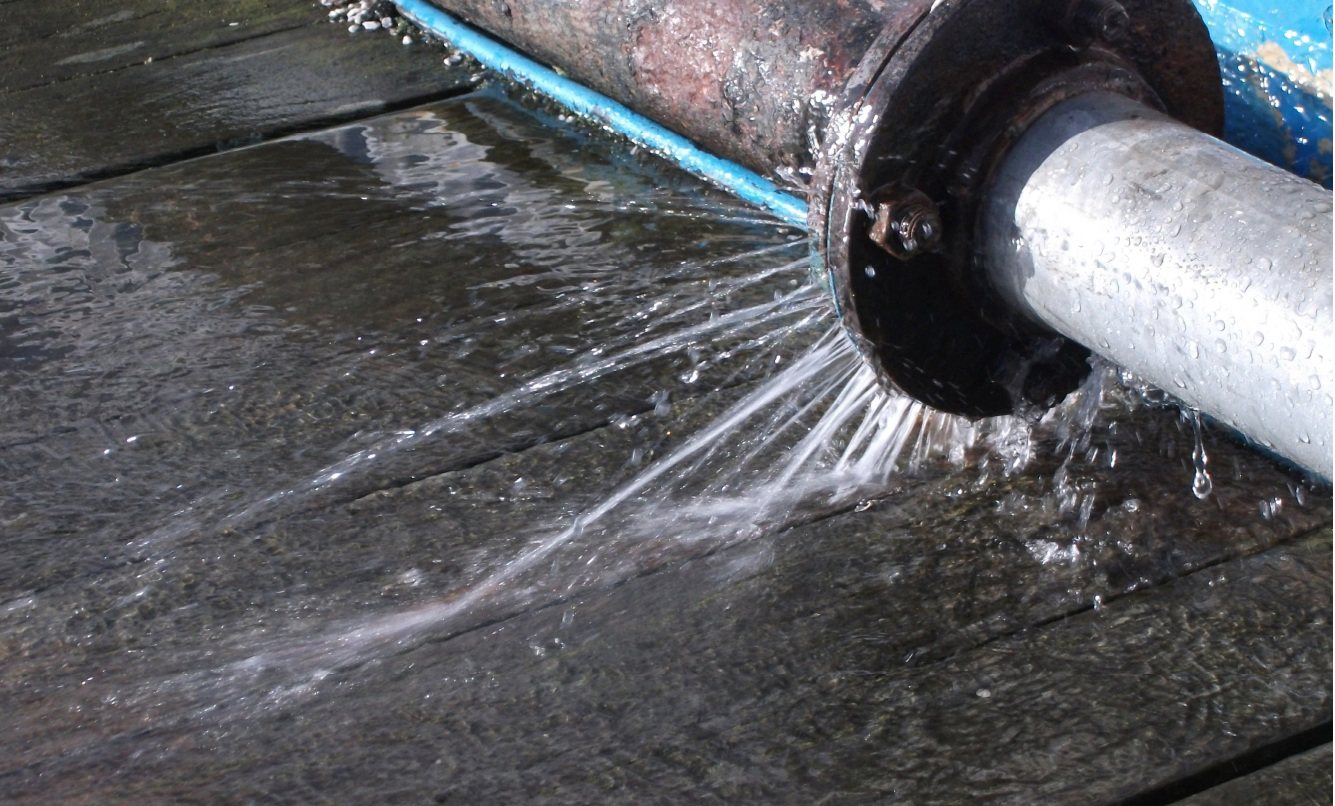



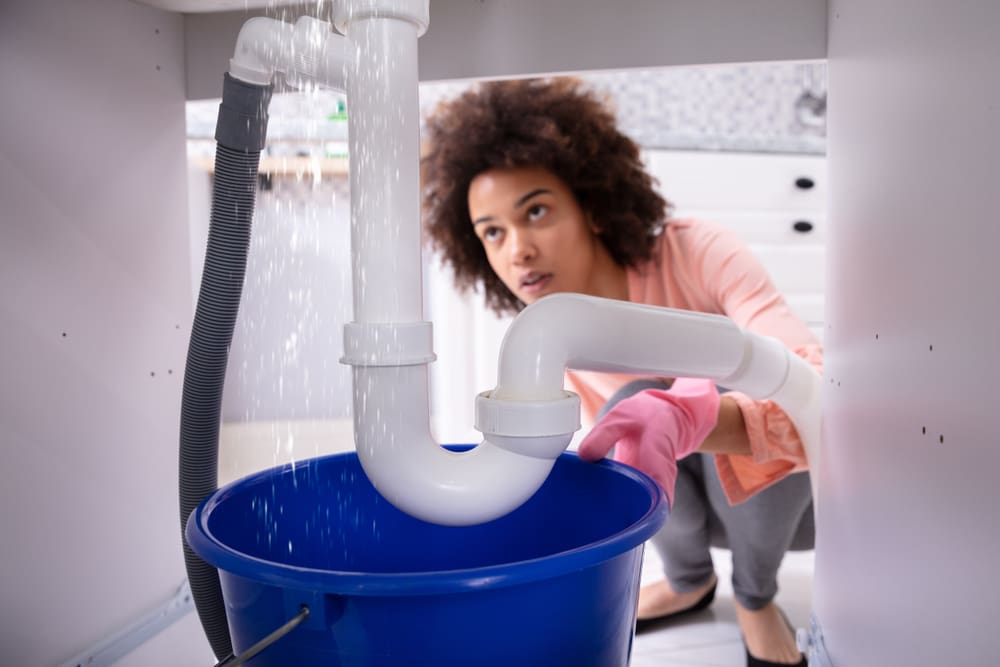

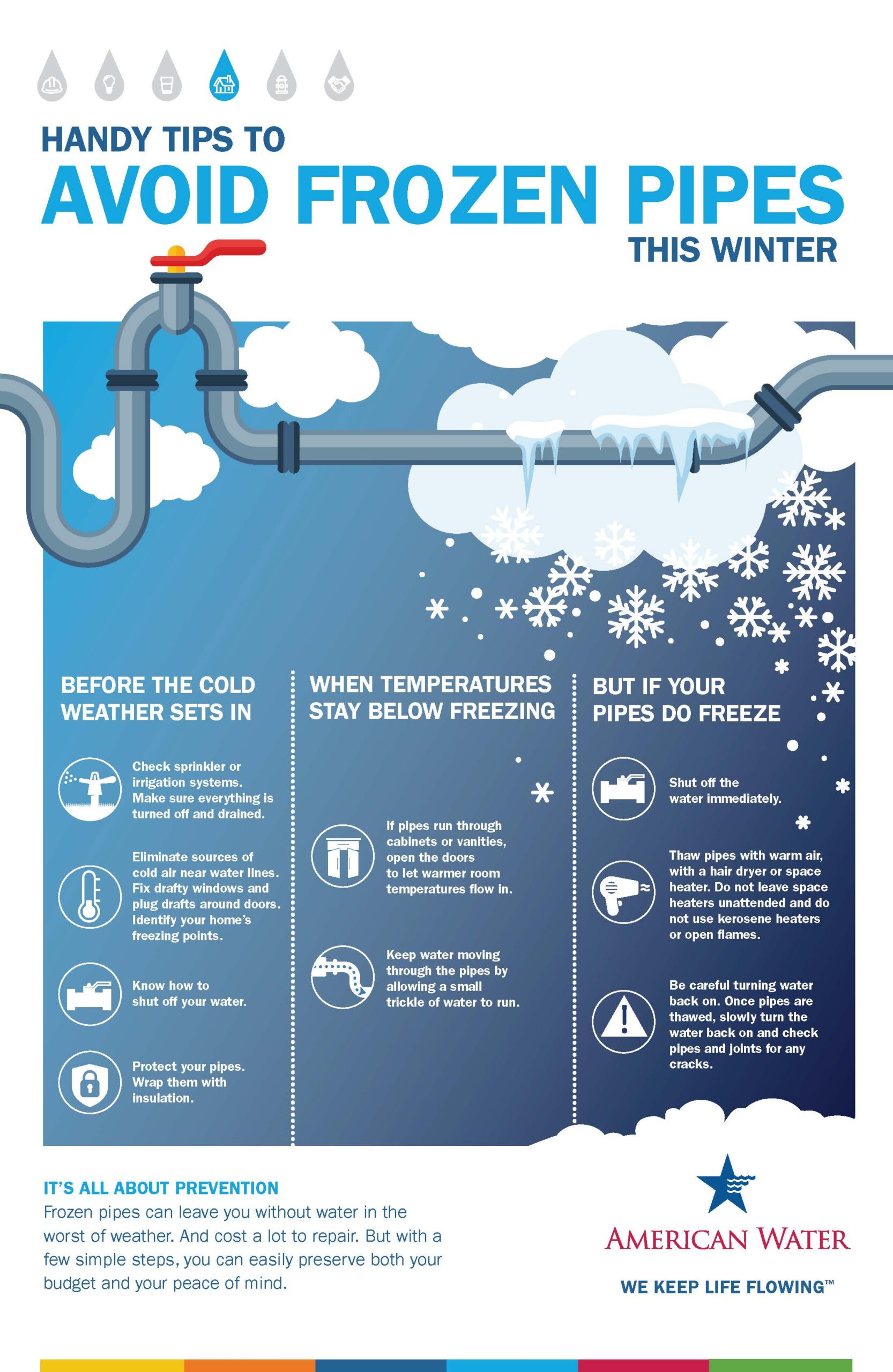




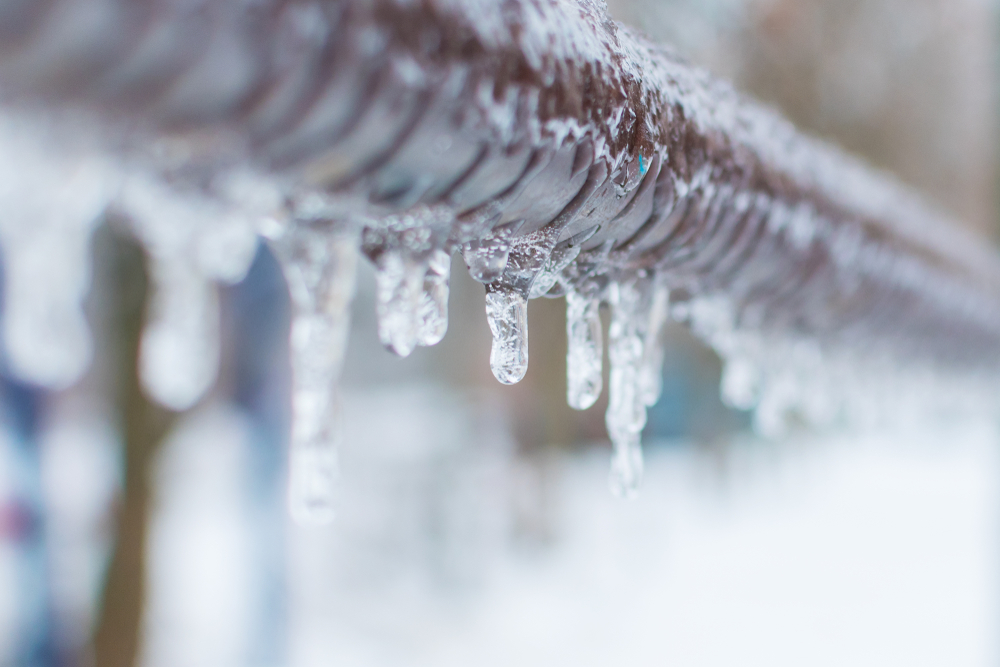

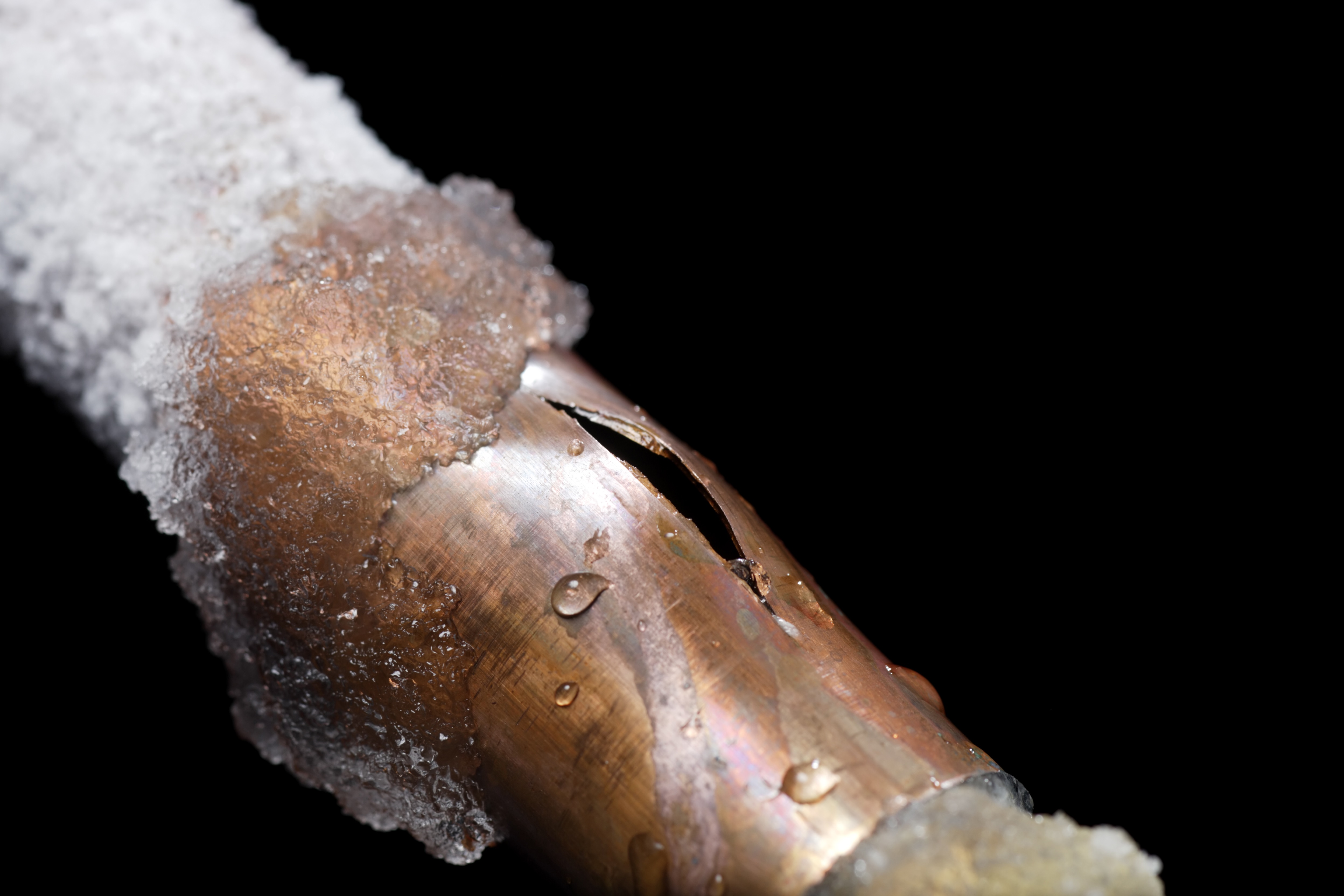






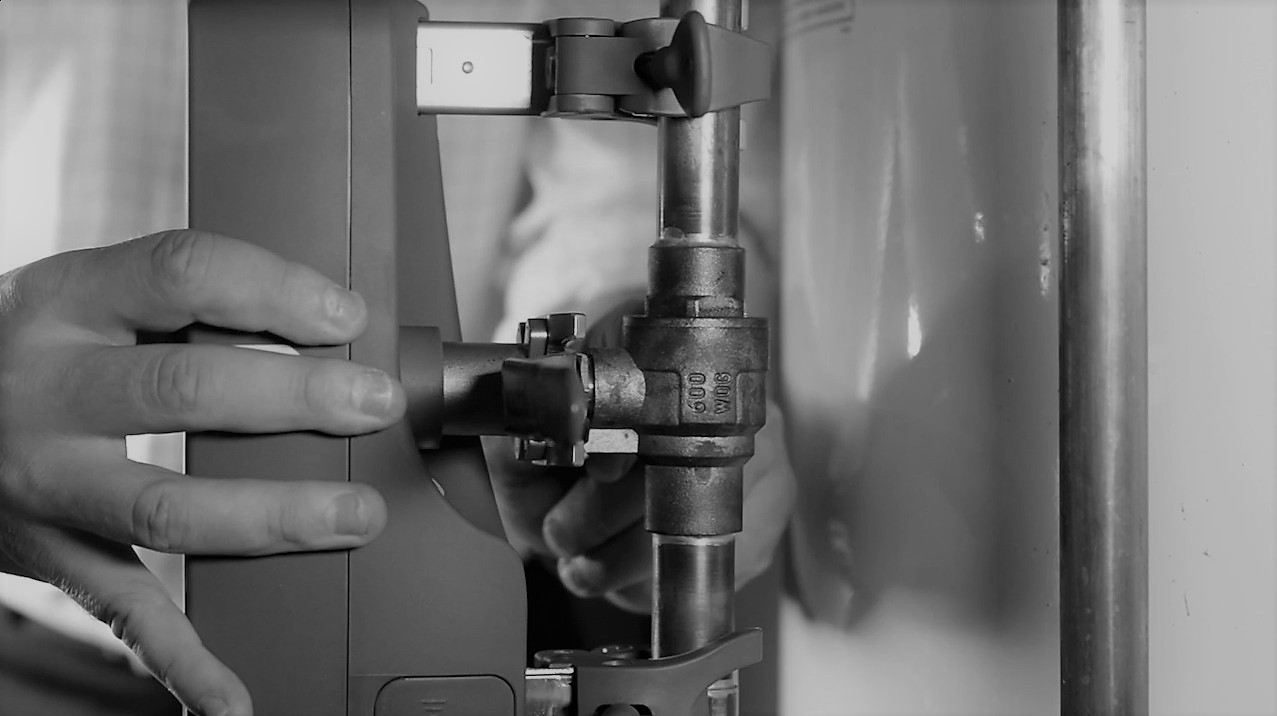
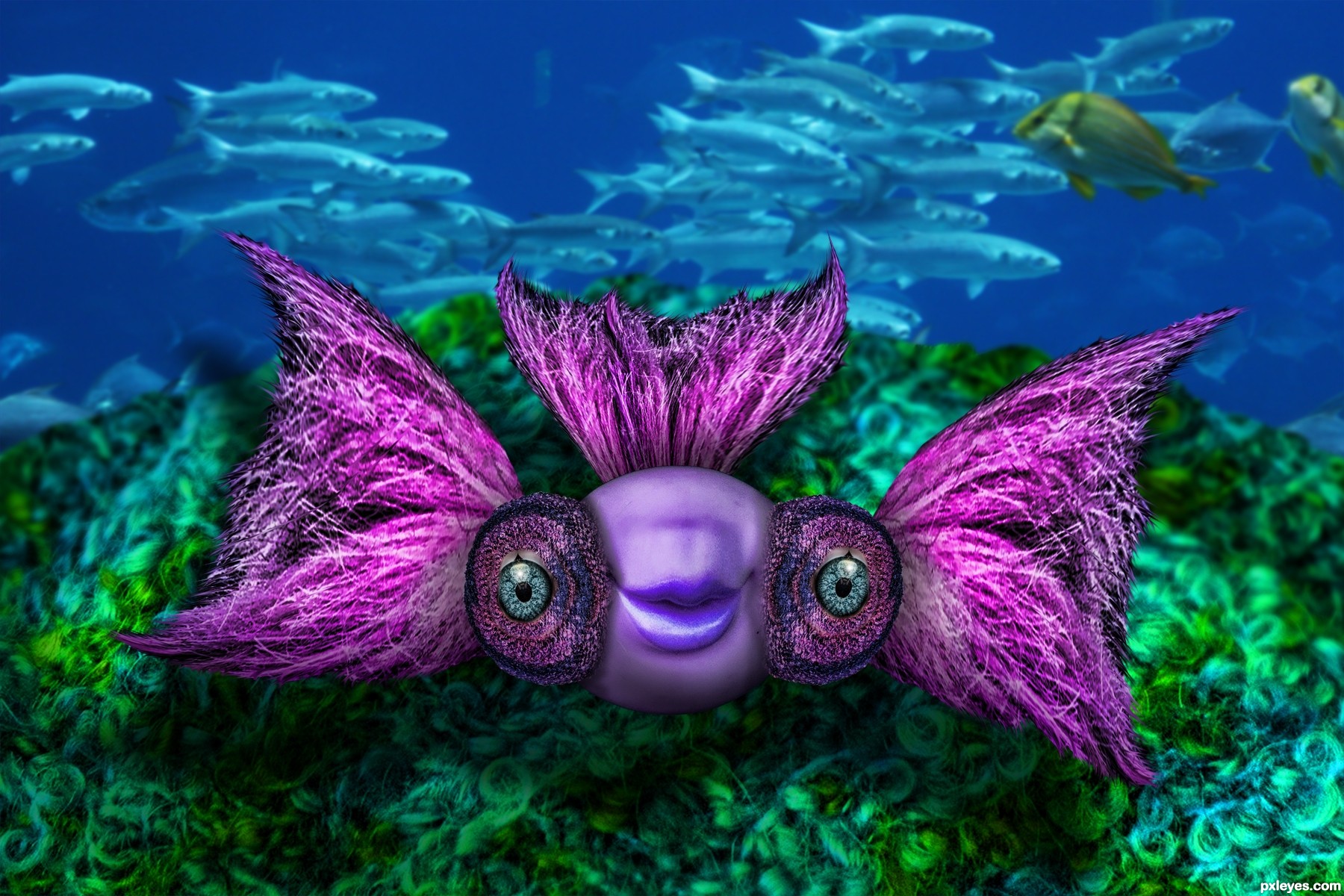

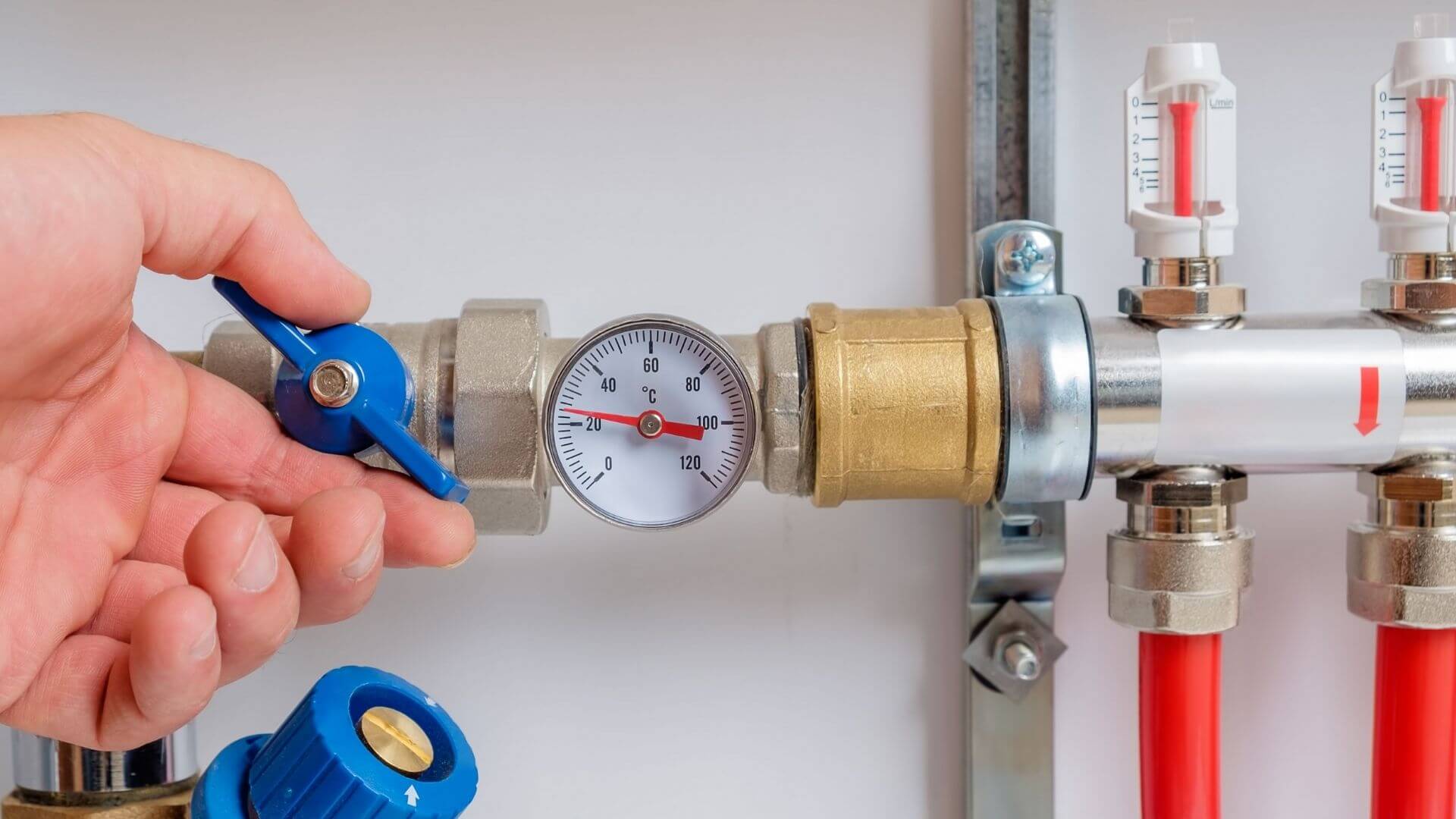


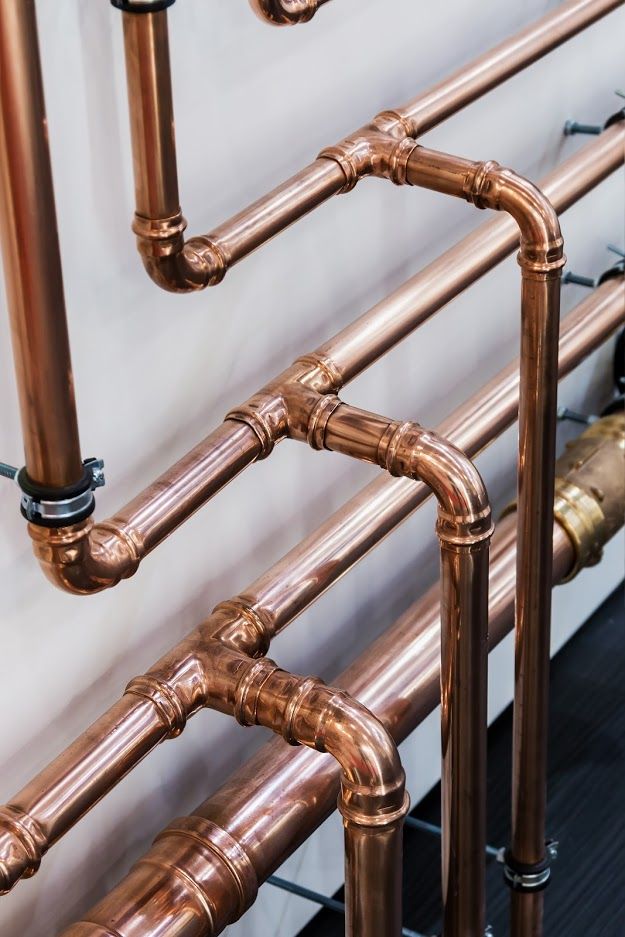
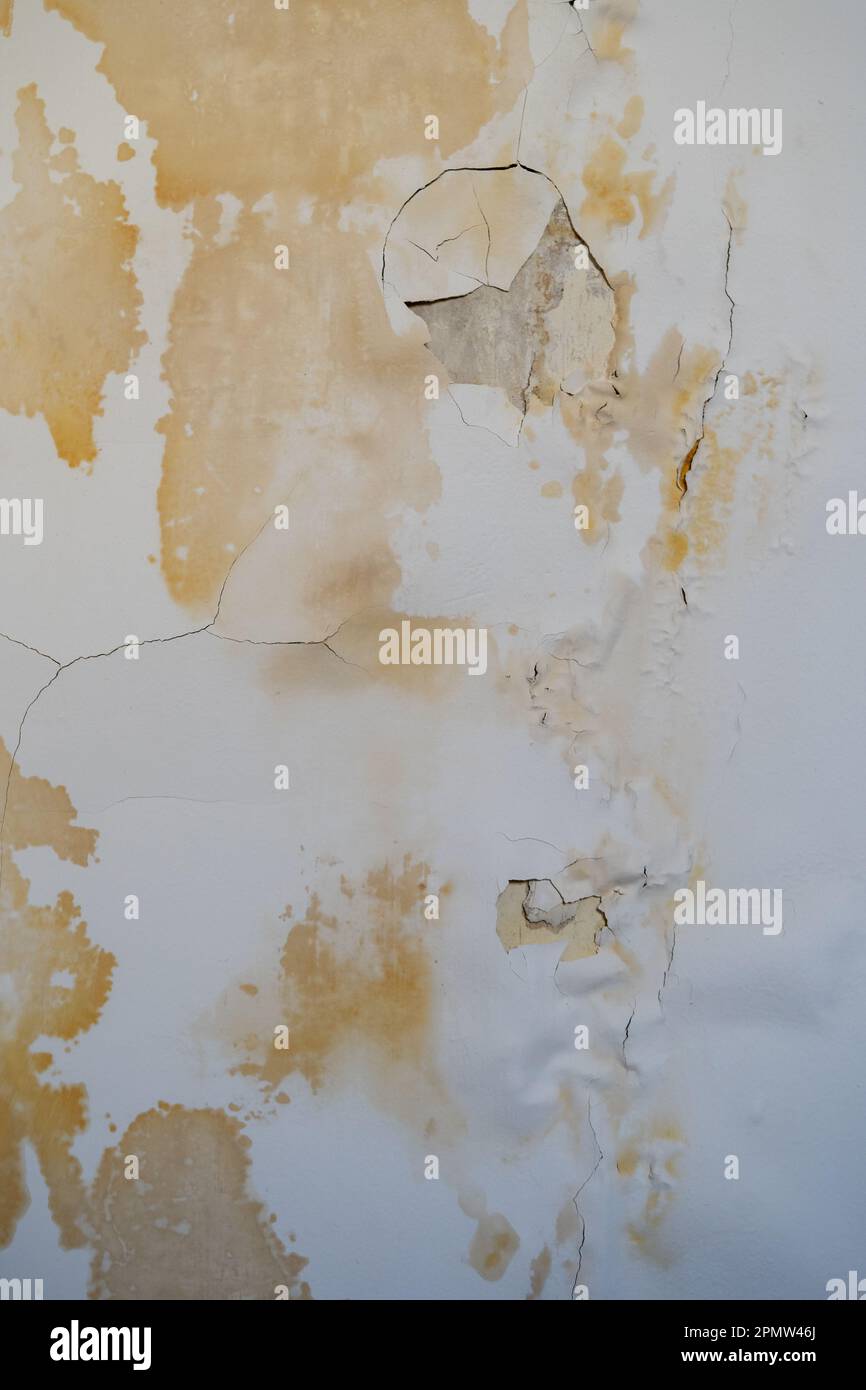
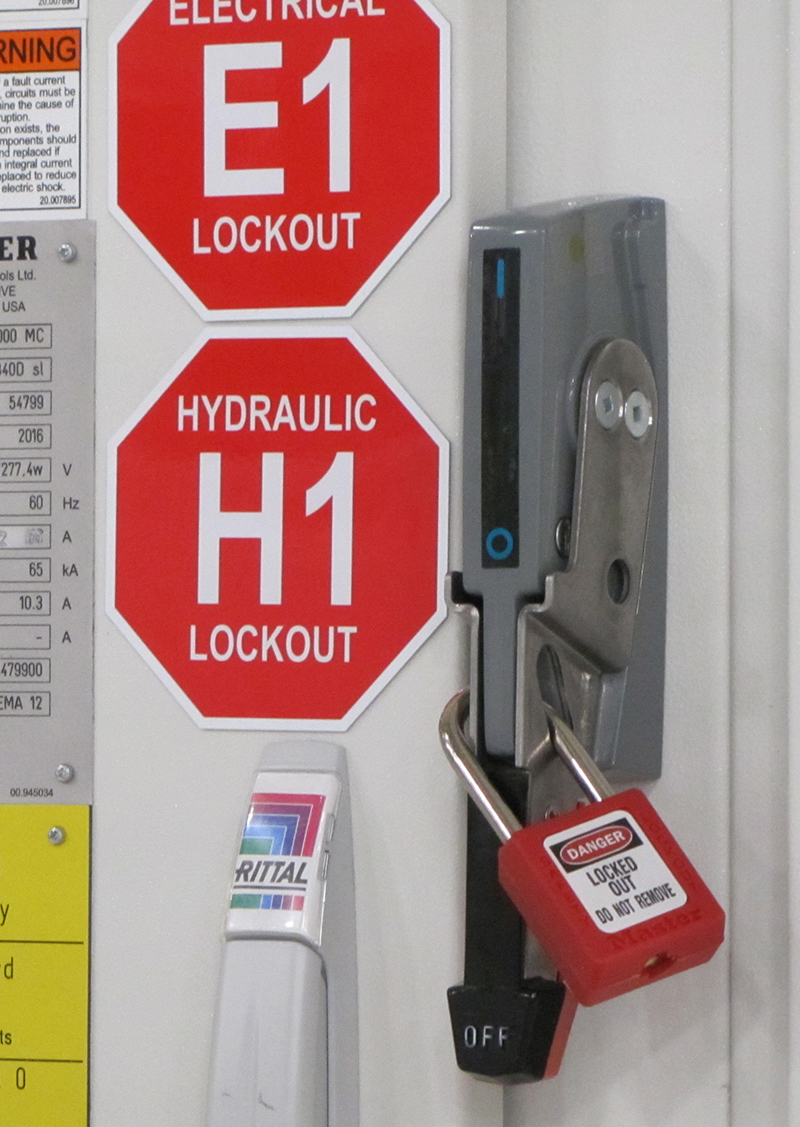
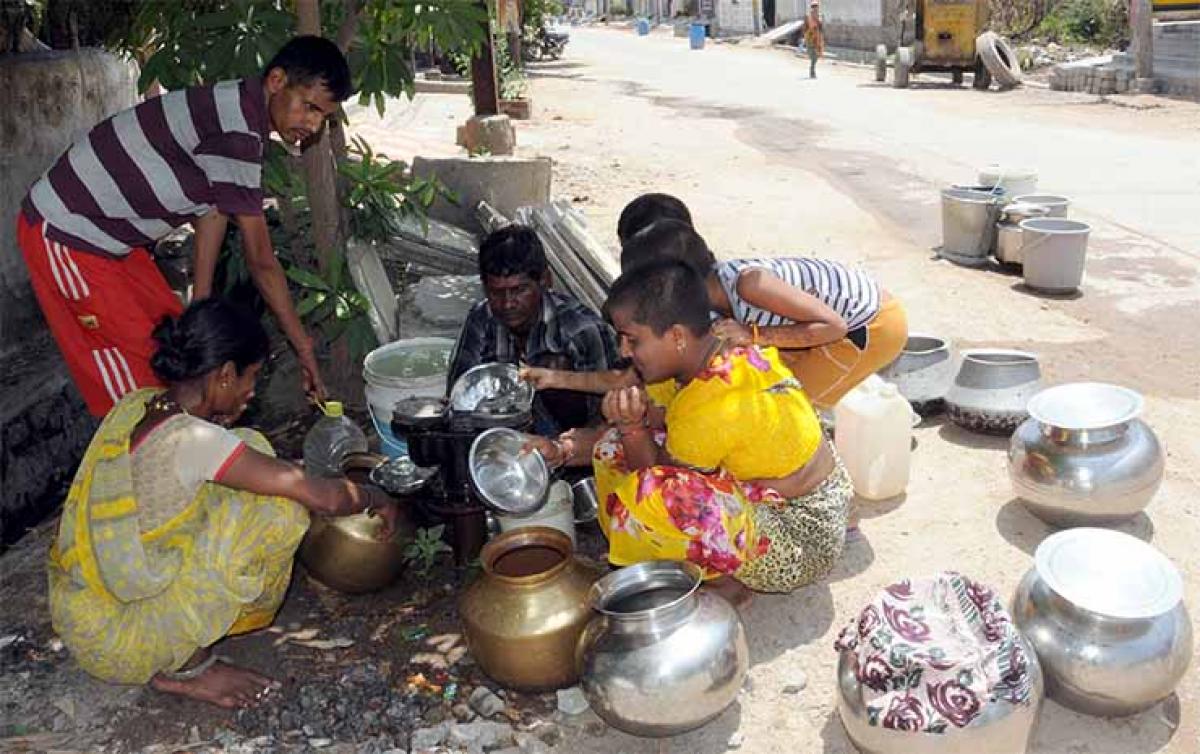
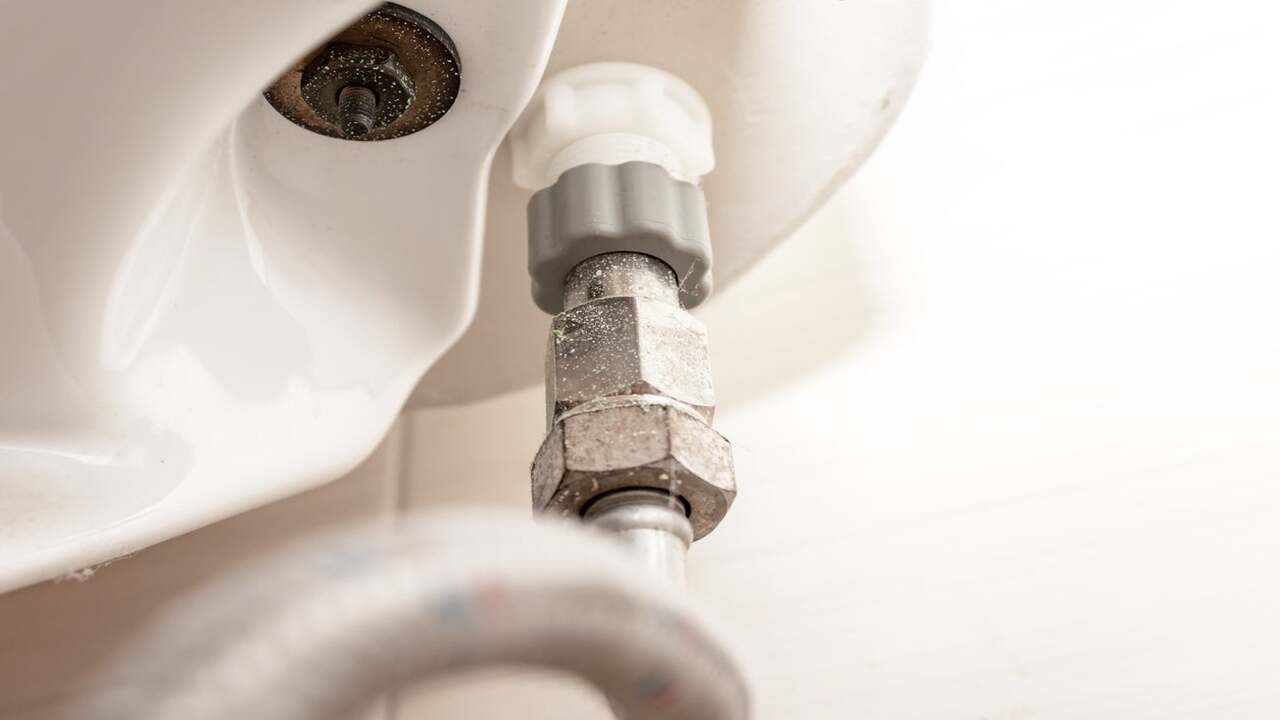


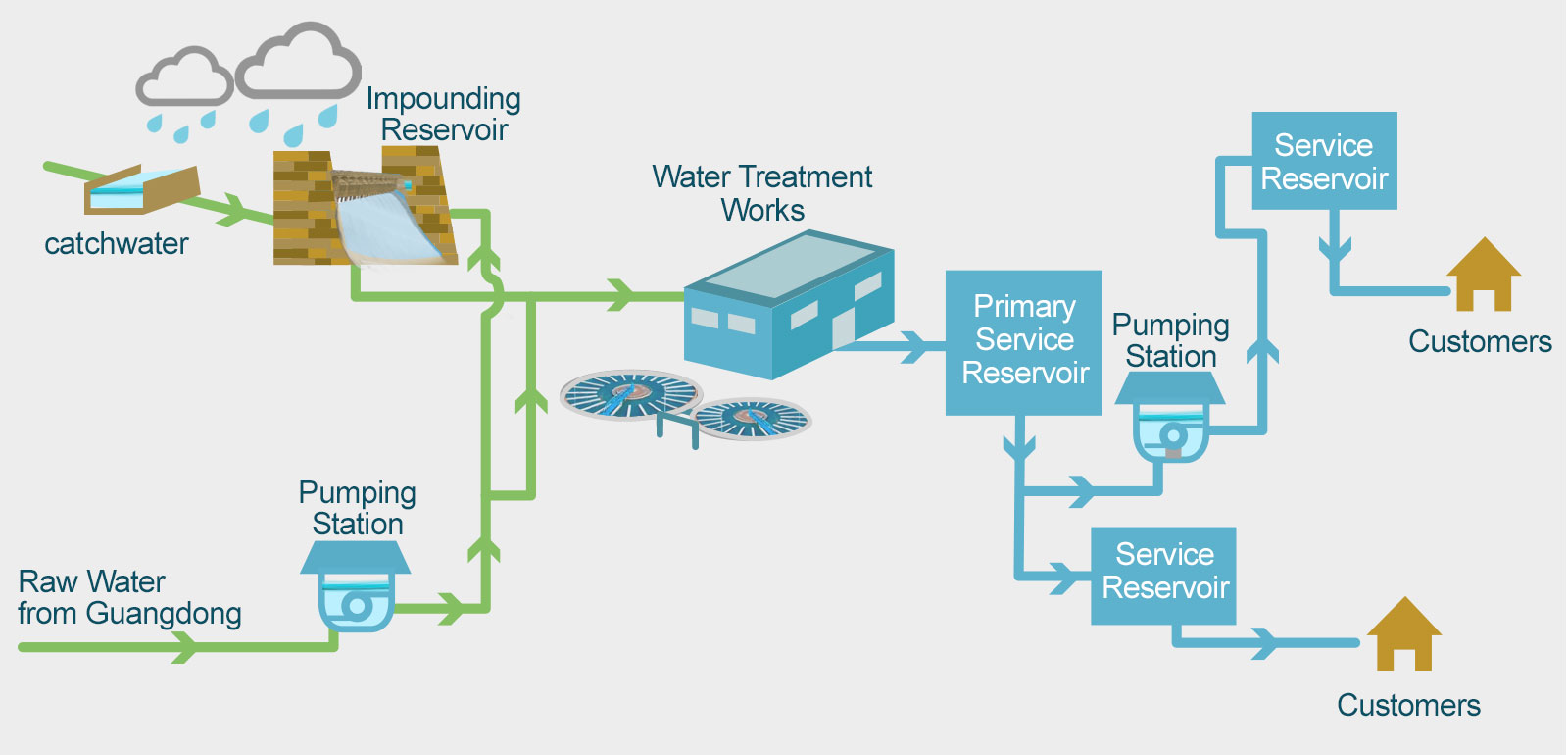






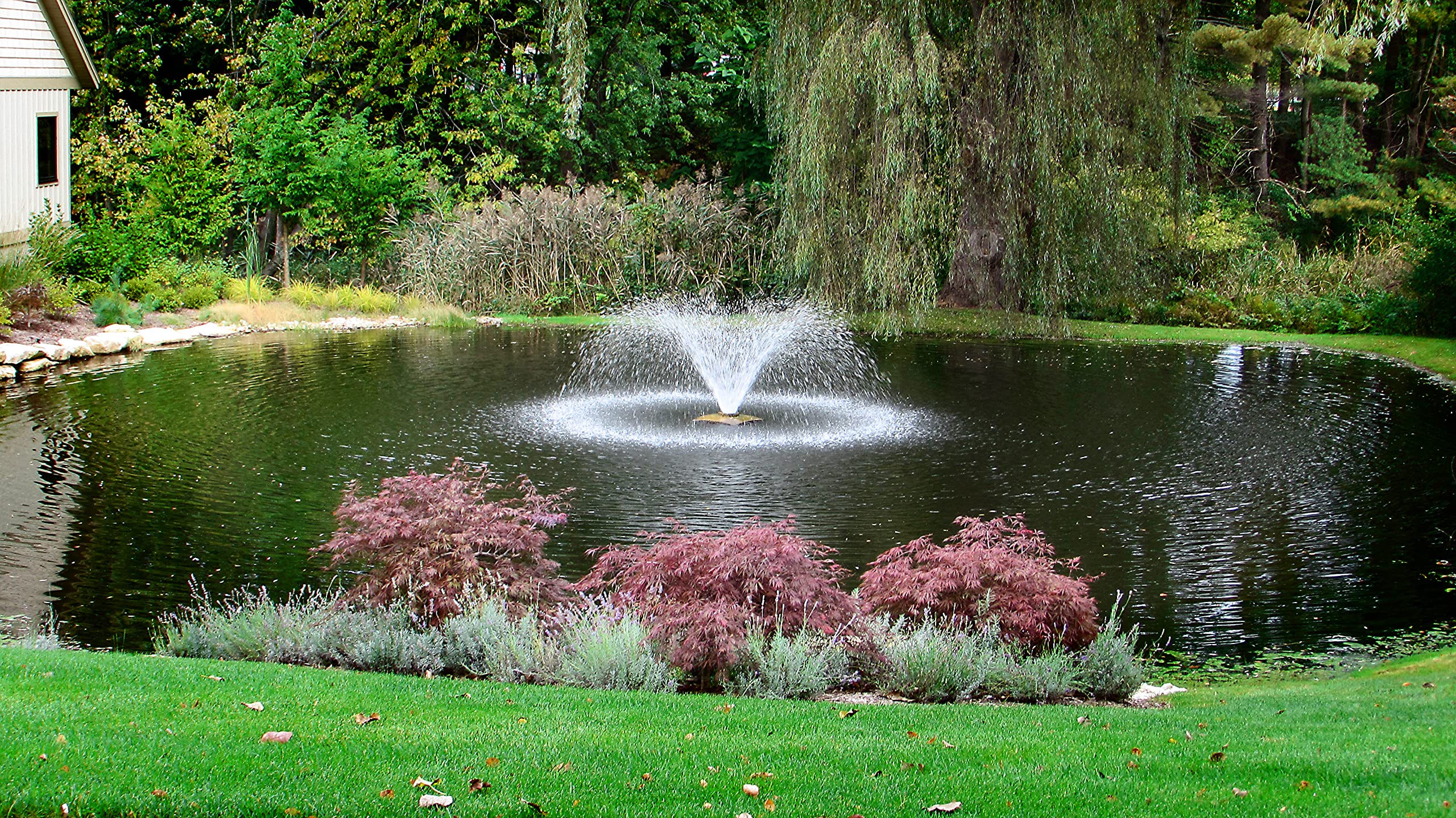
:max_bytes(150000):strip_icc()/clearing-a-blocked-faucet-aerator-2718807-07-b5a90554991f4bb69efb45a472df7f23.jpg)


:max_bytes(150000):strip_icc()/clearing-a-blocked-faucet-aerator-2718807-hero-f15d067f475d4de0b51faf7a666cf06d.jpg)


